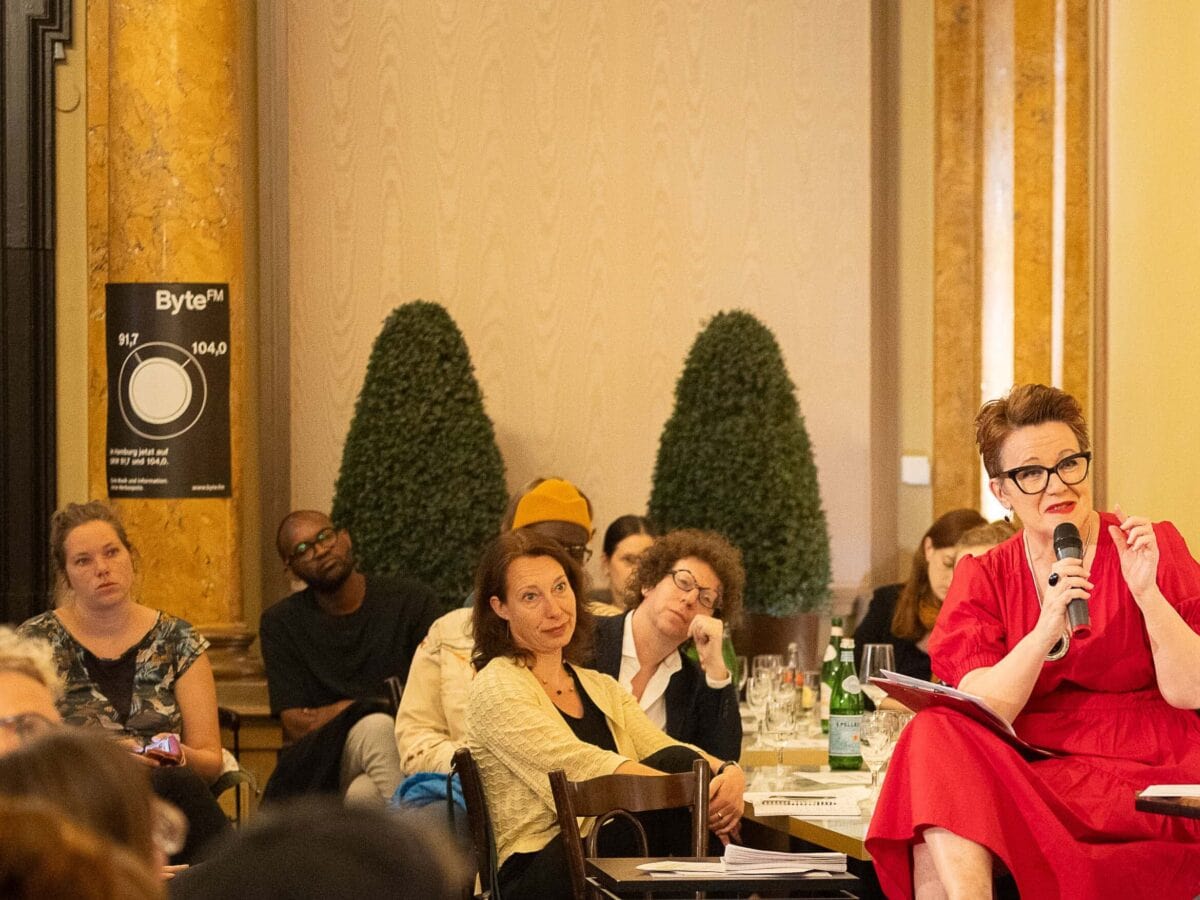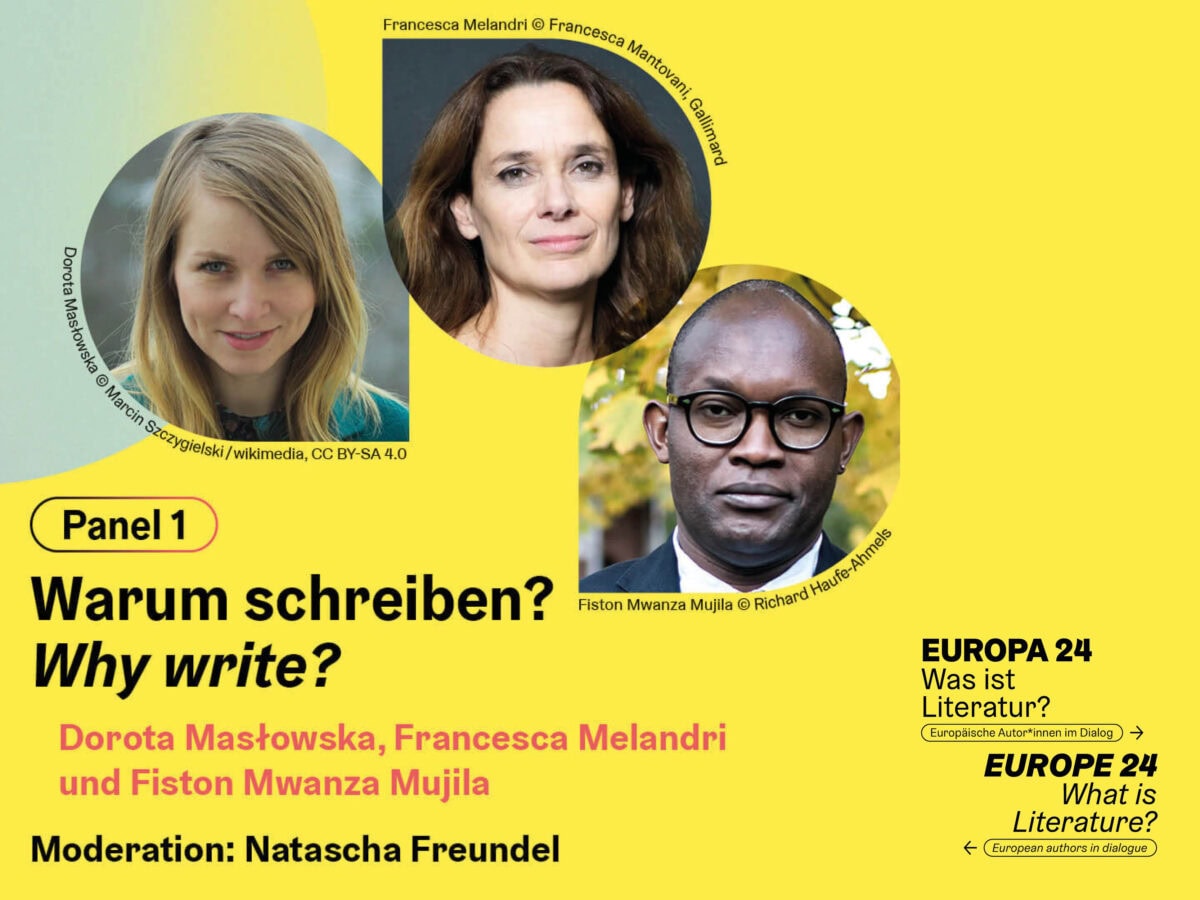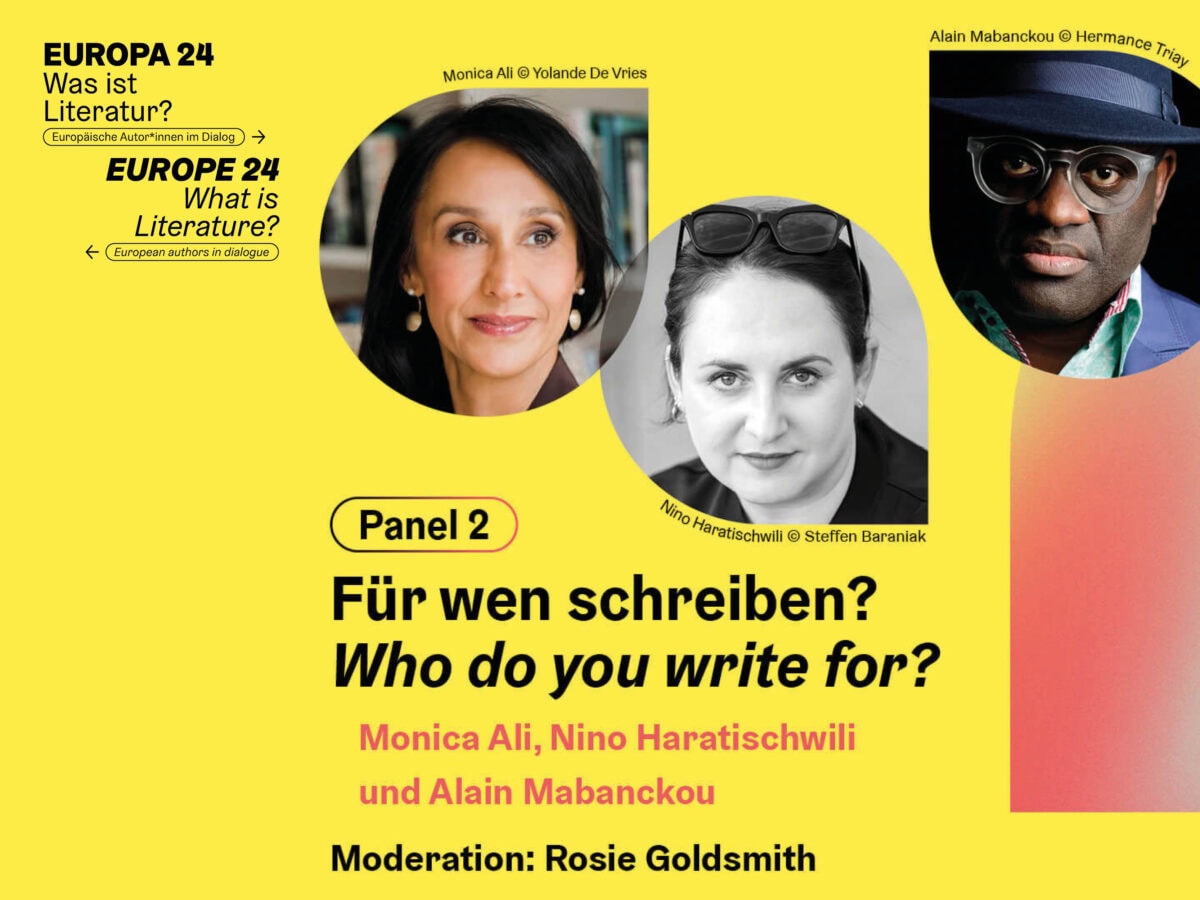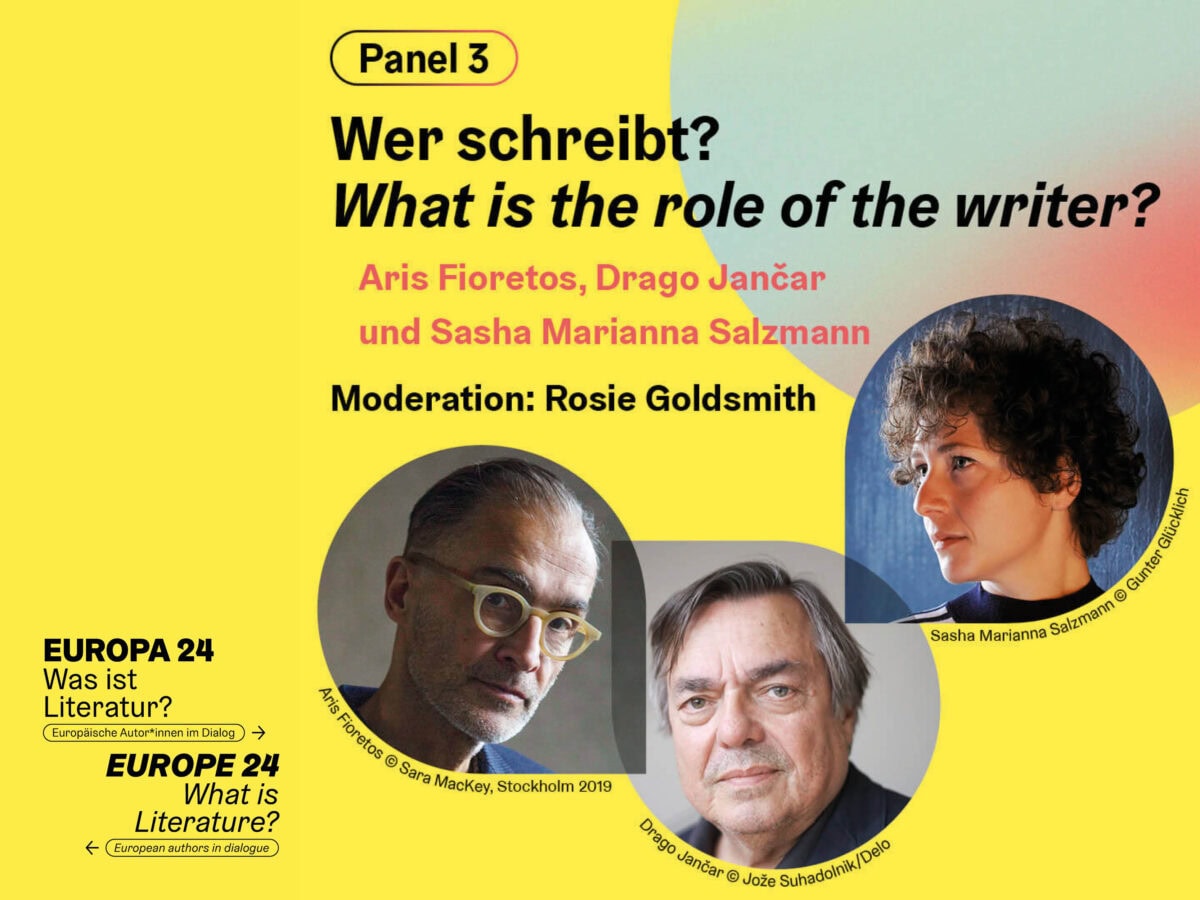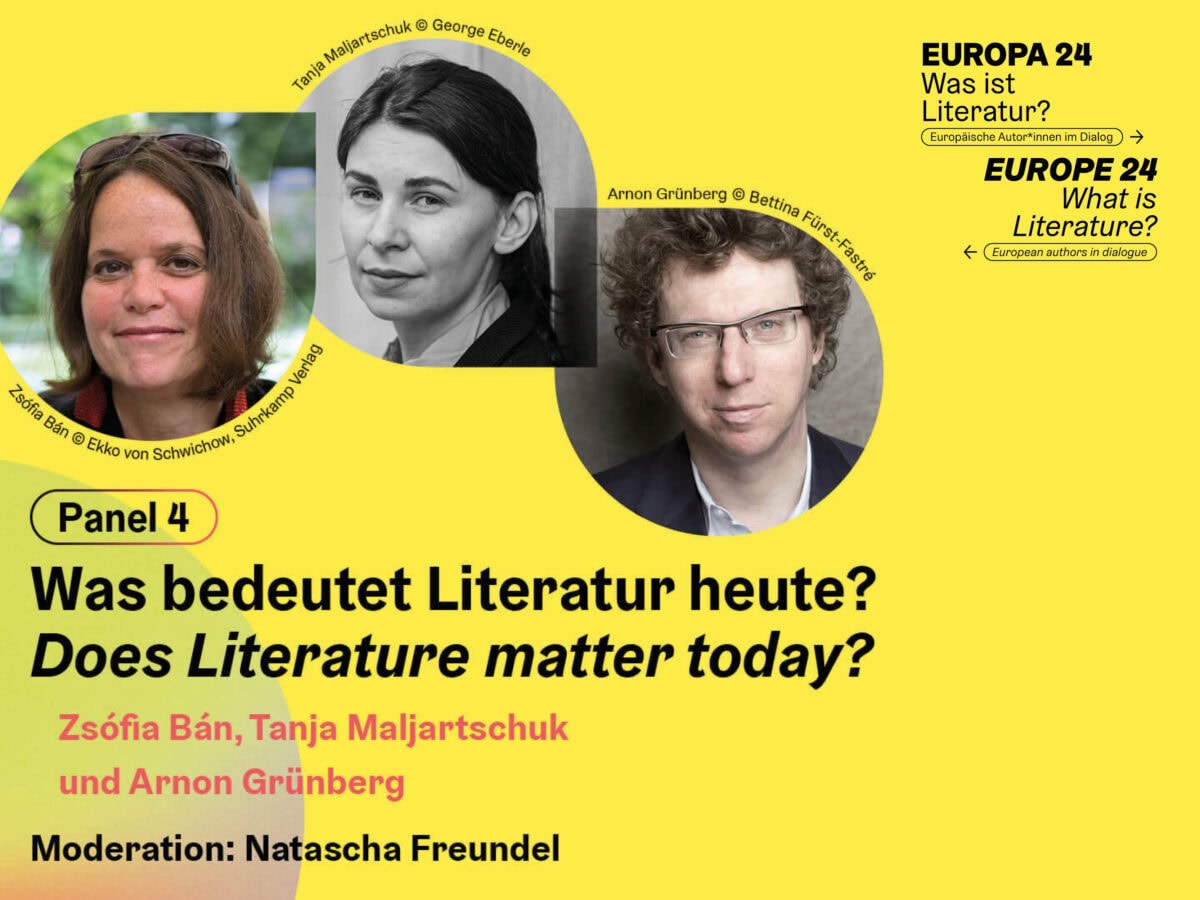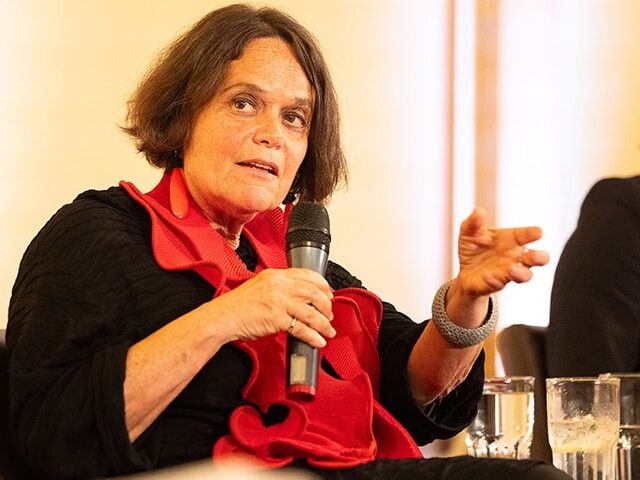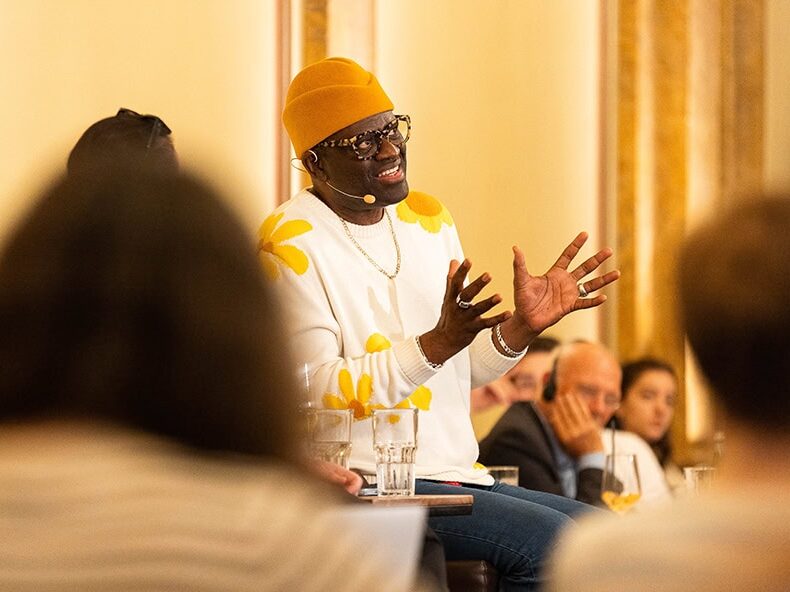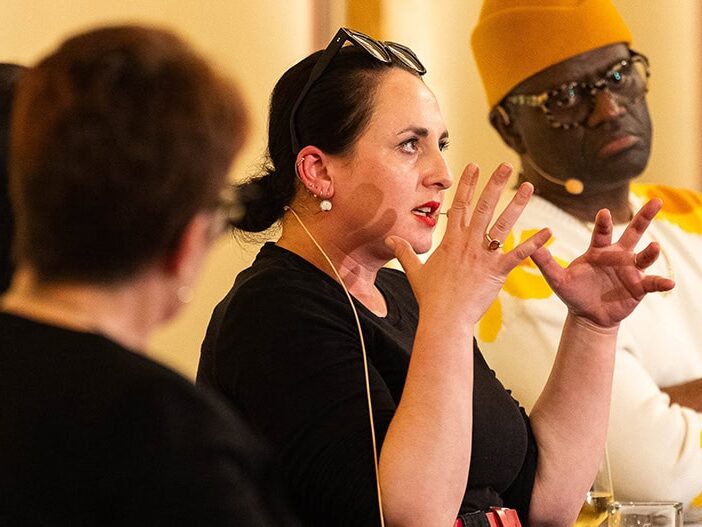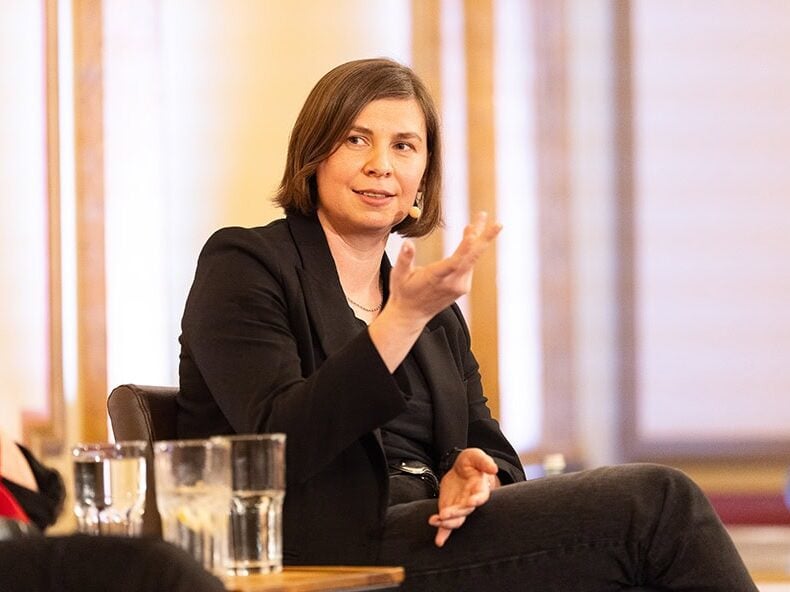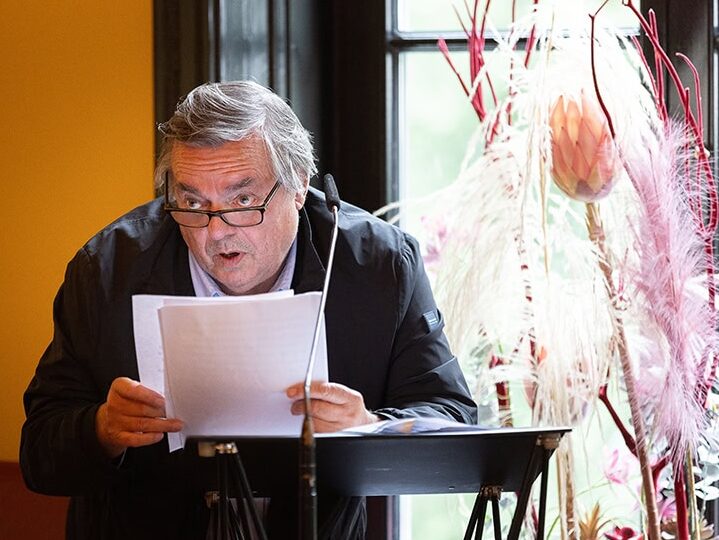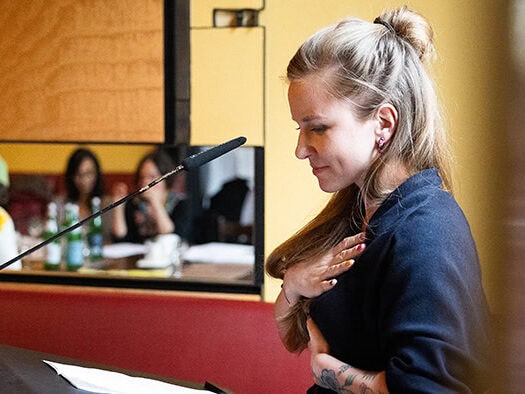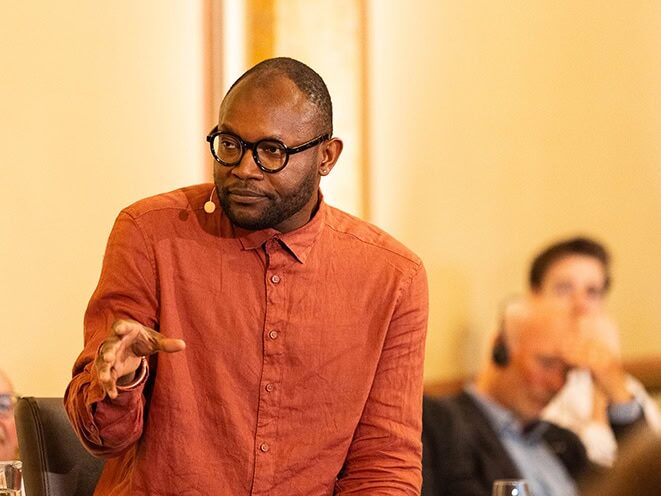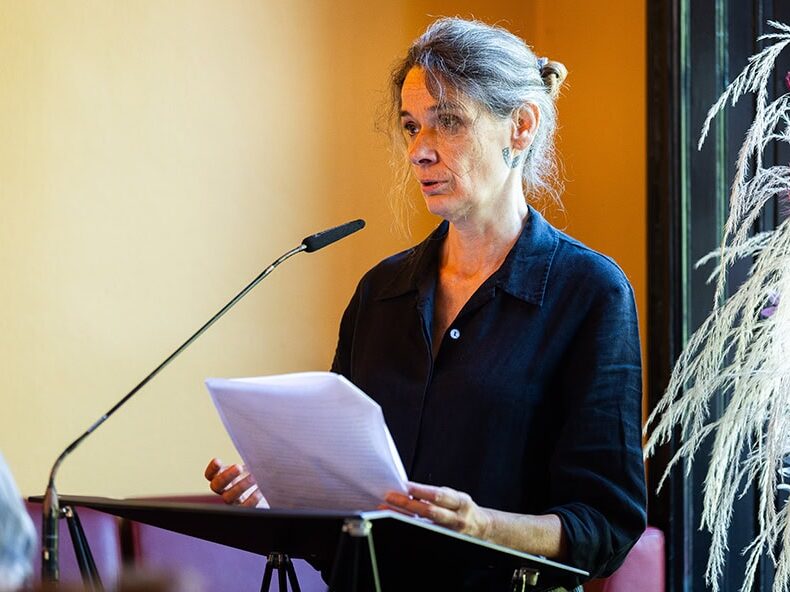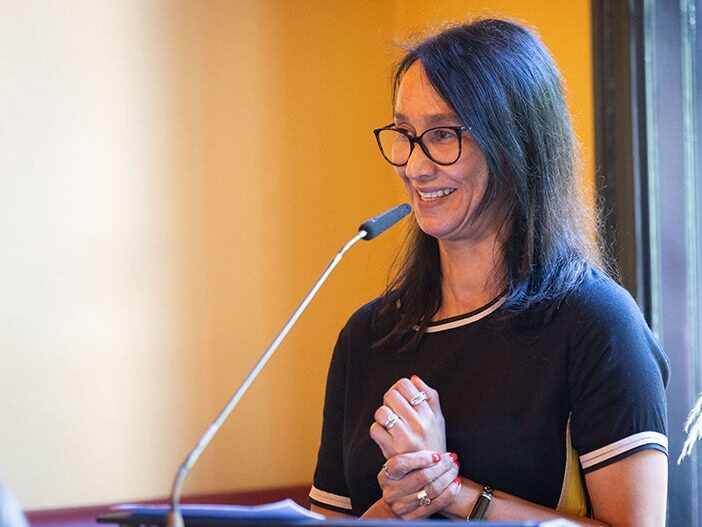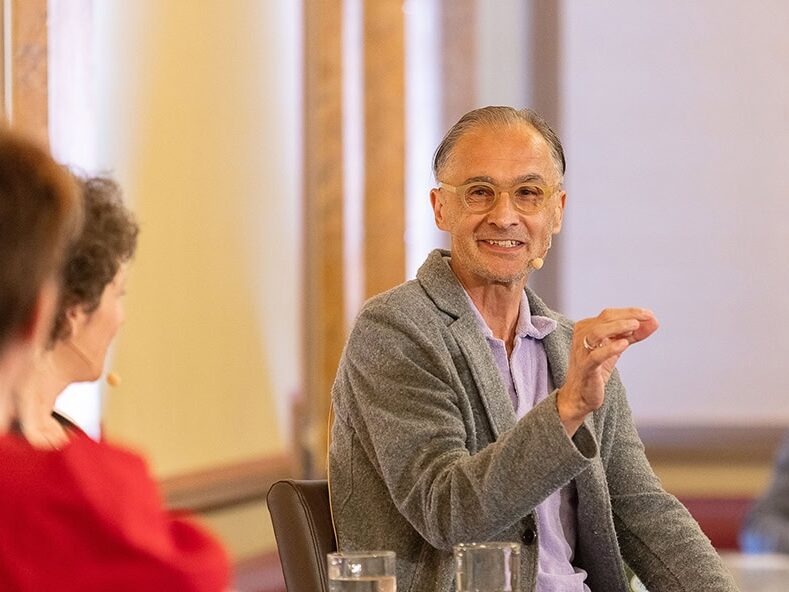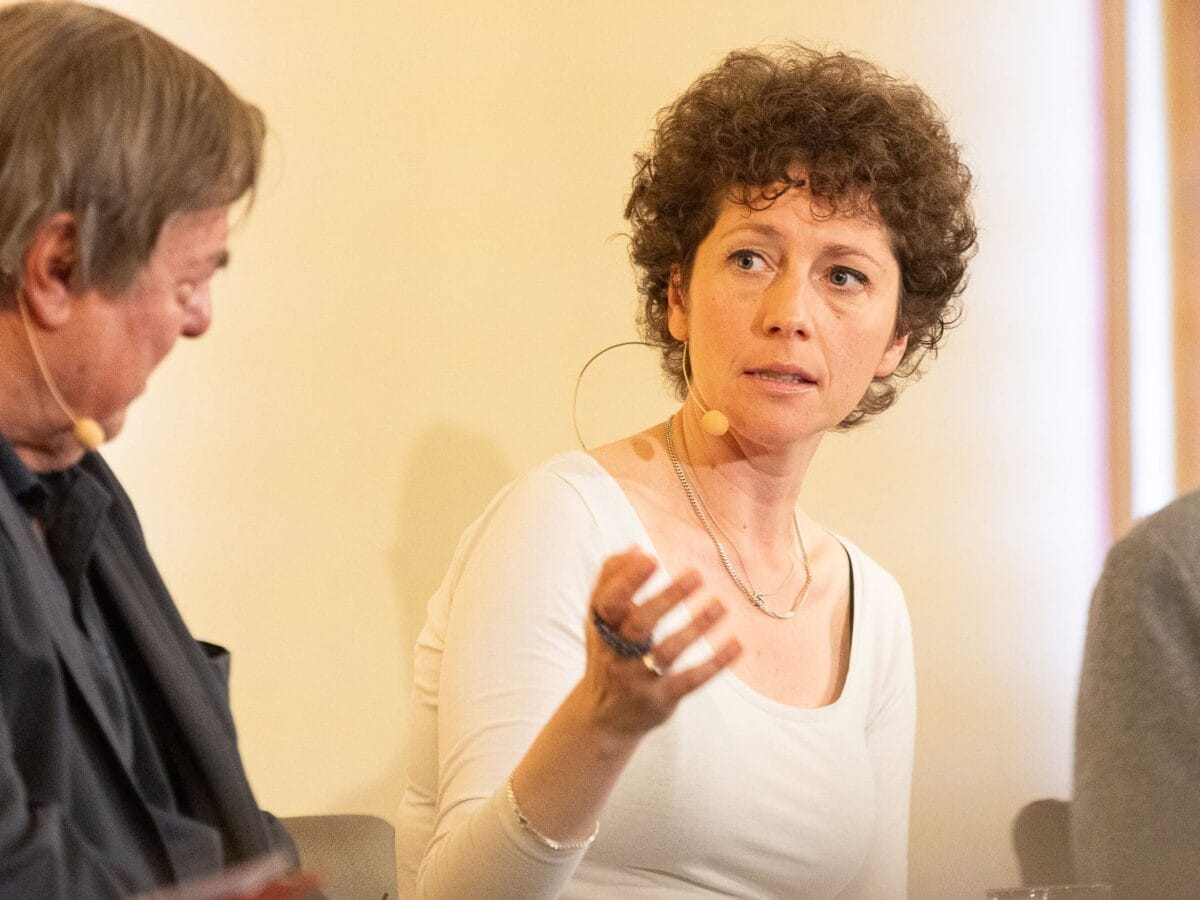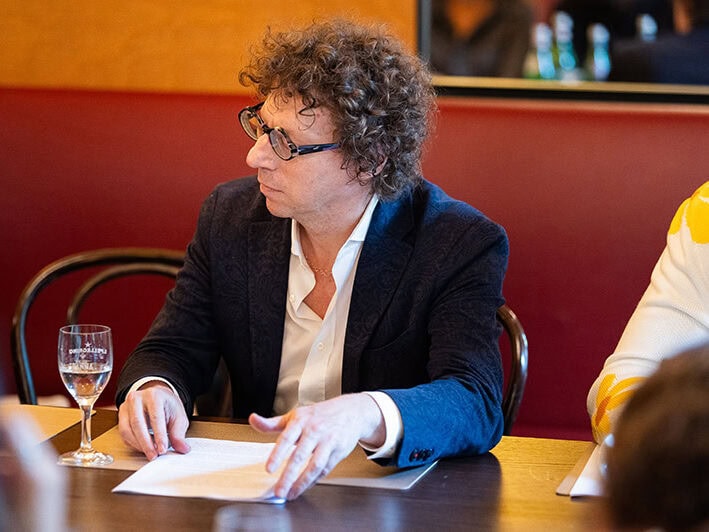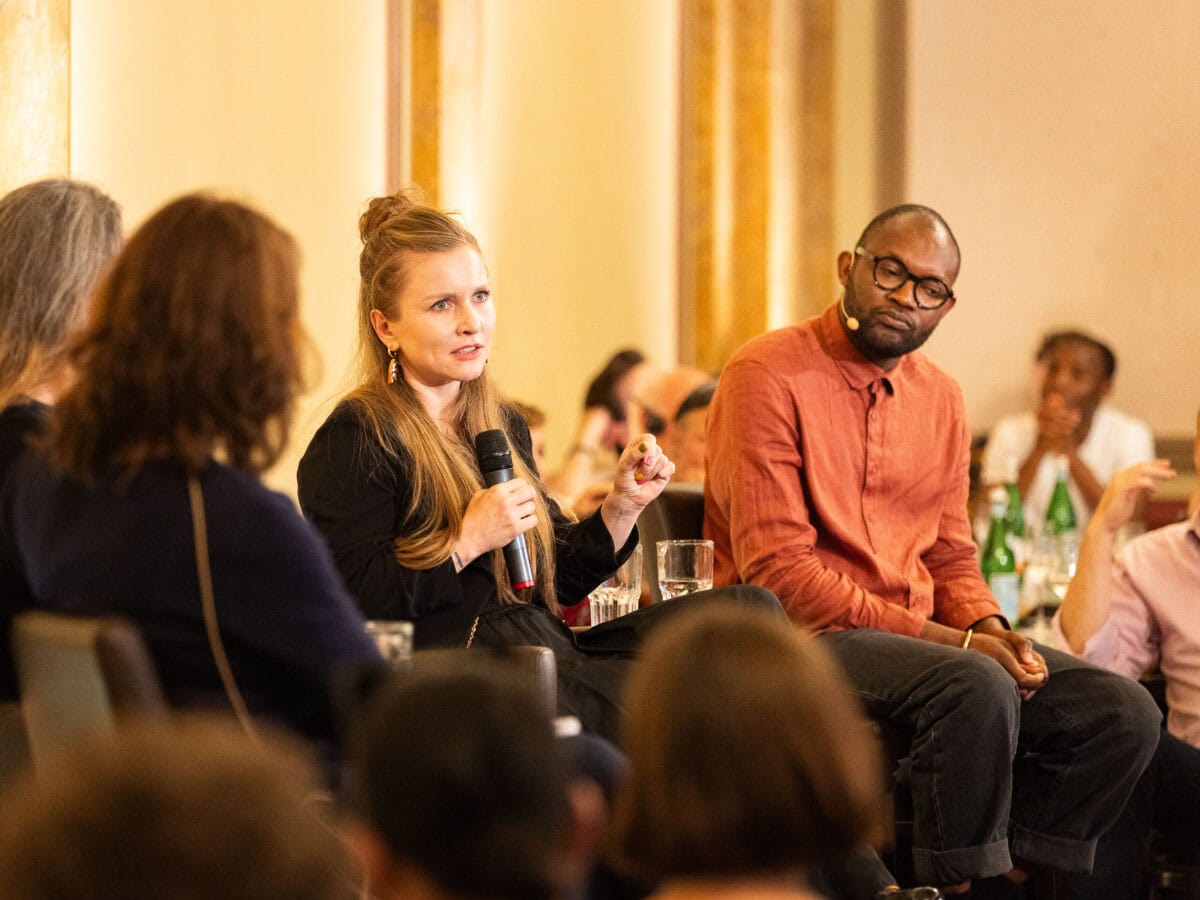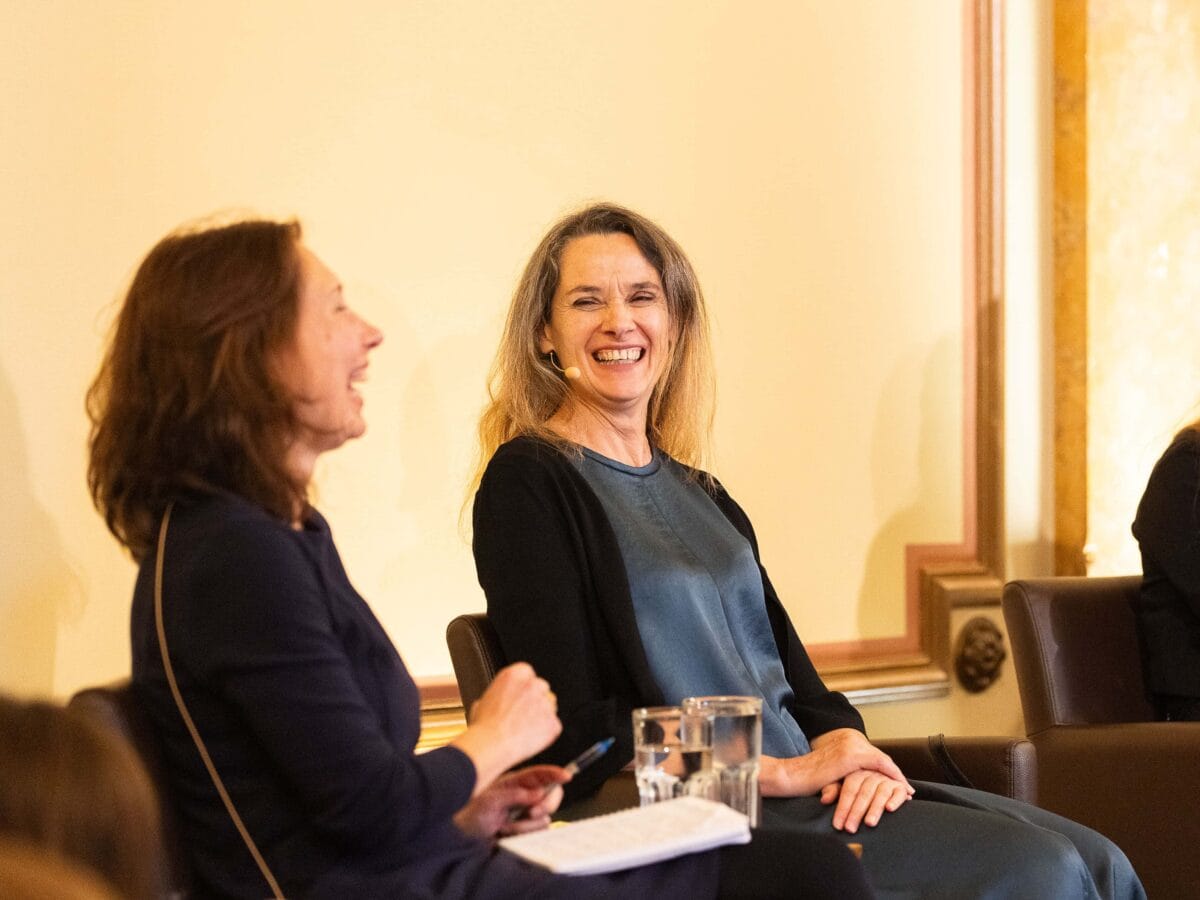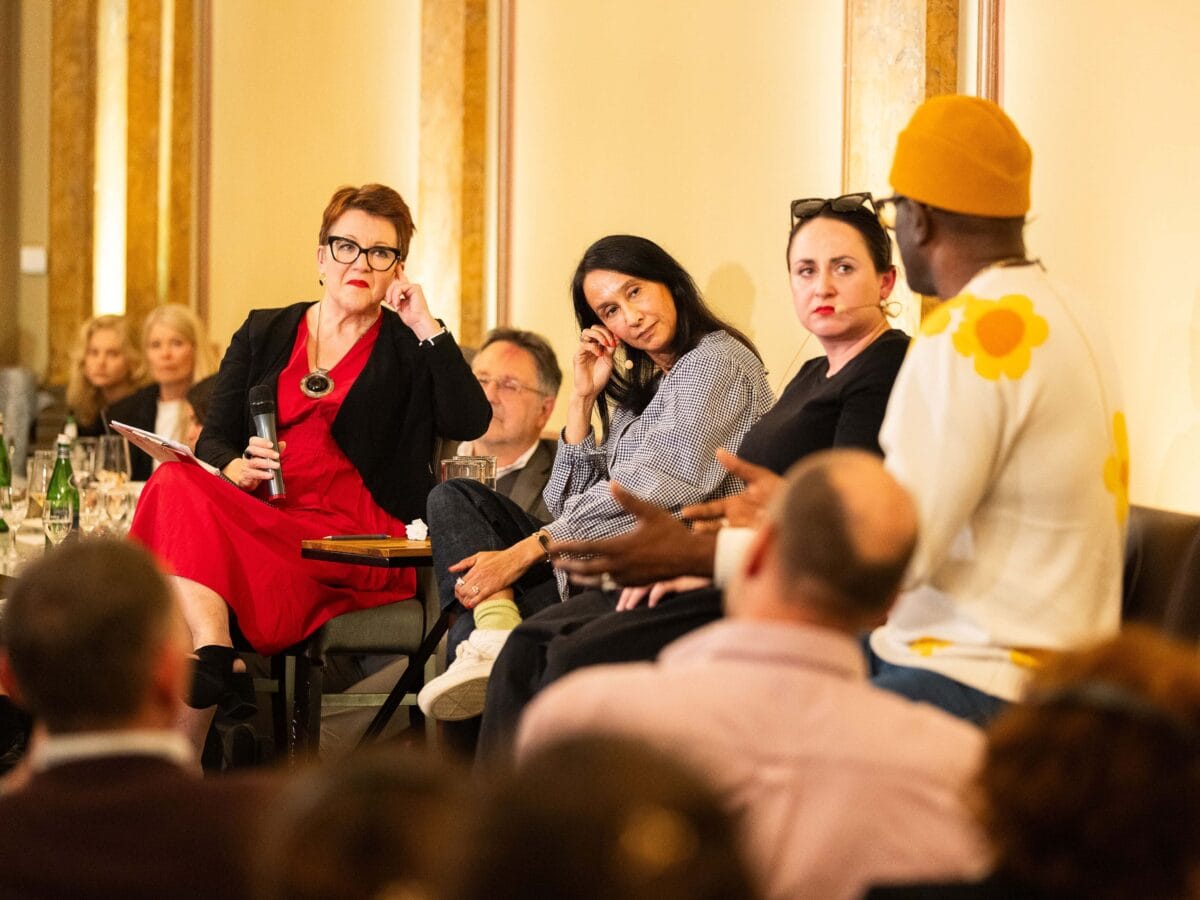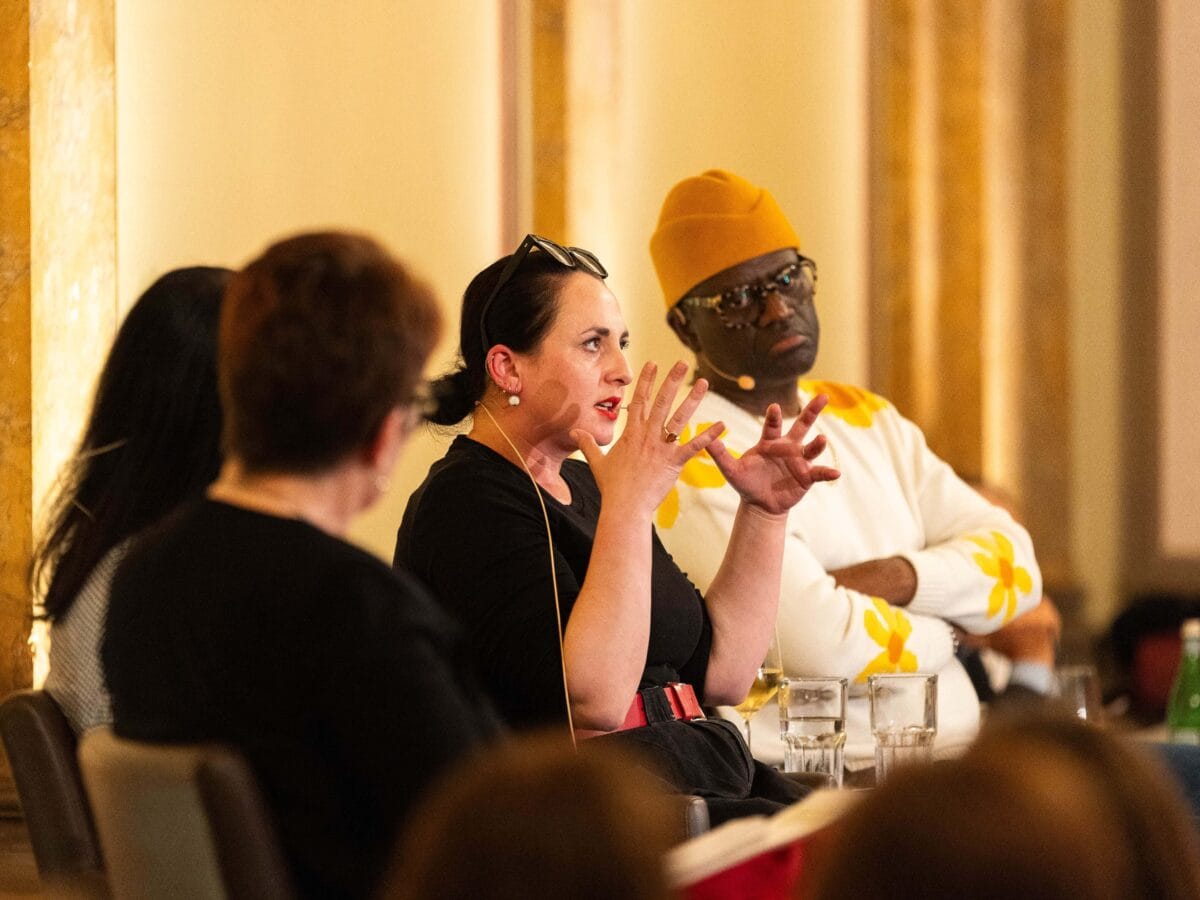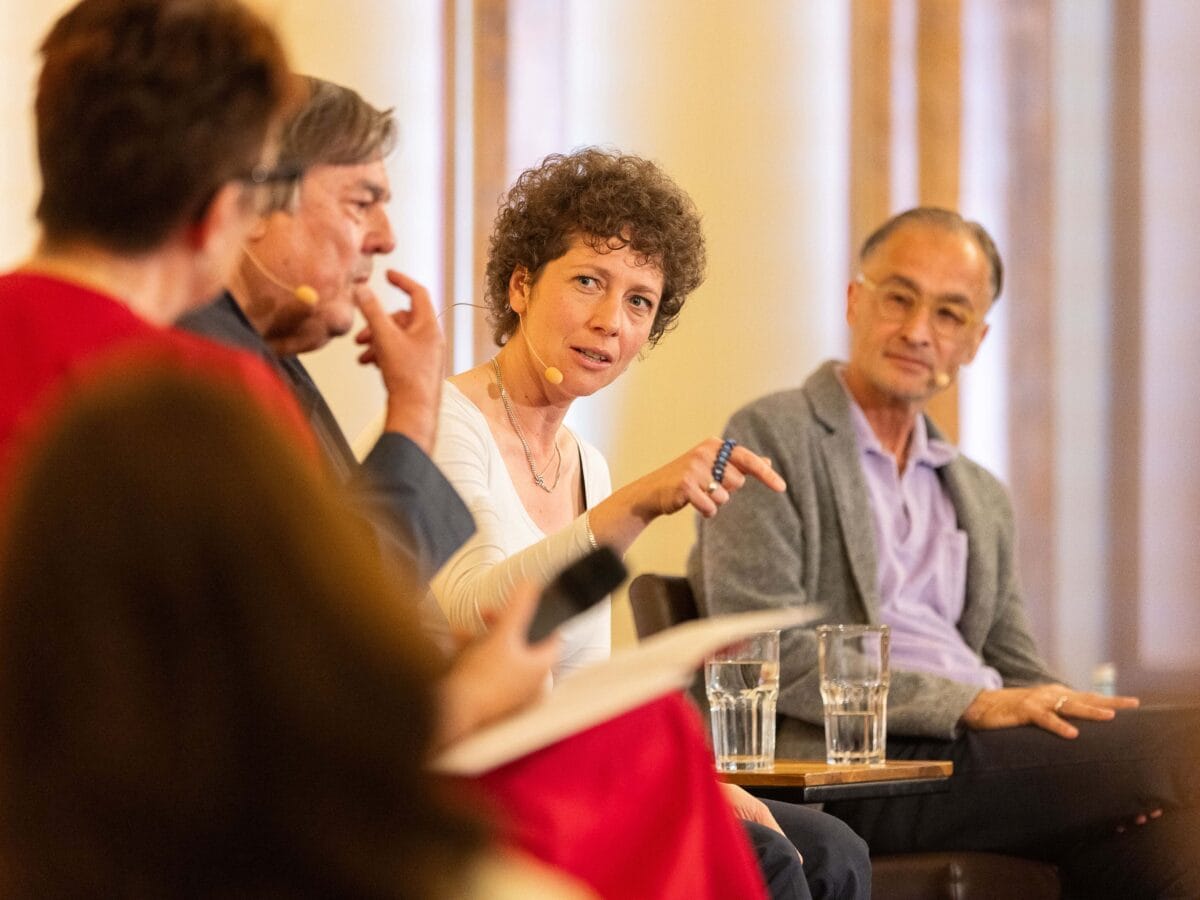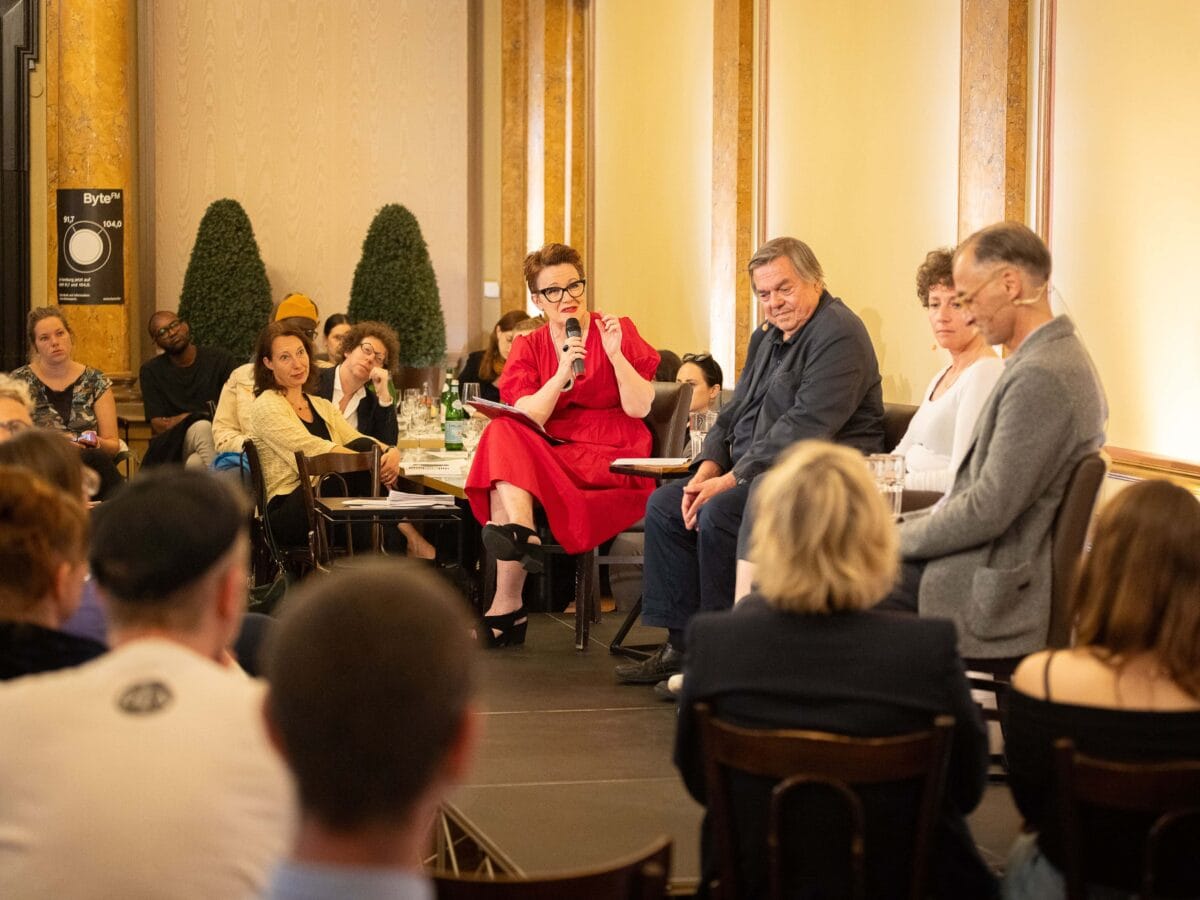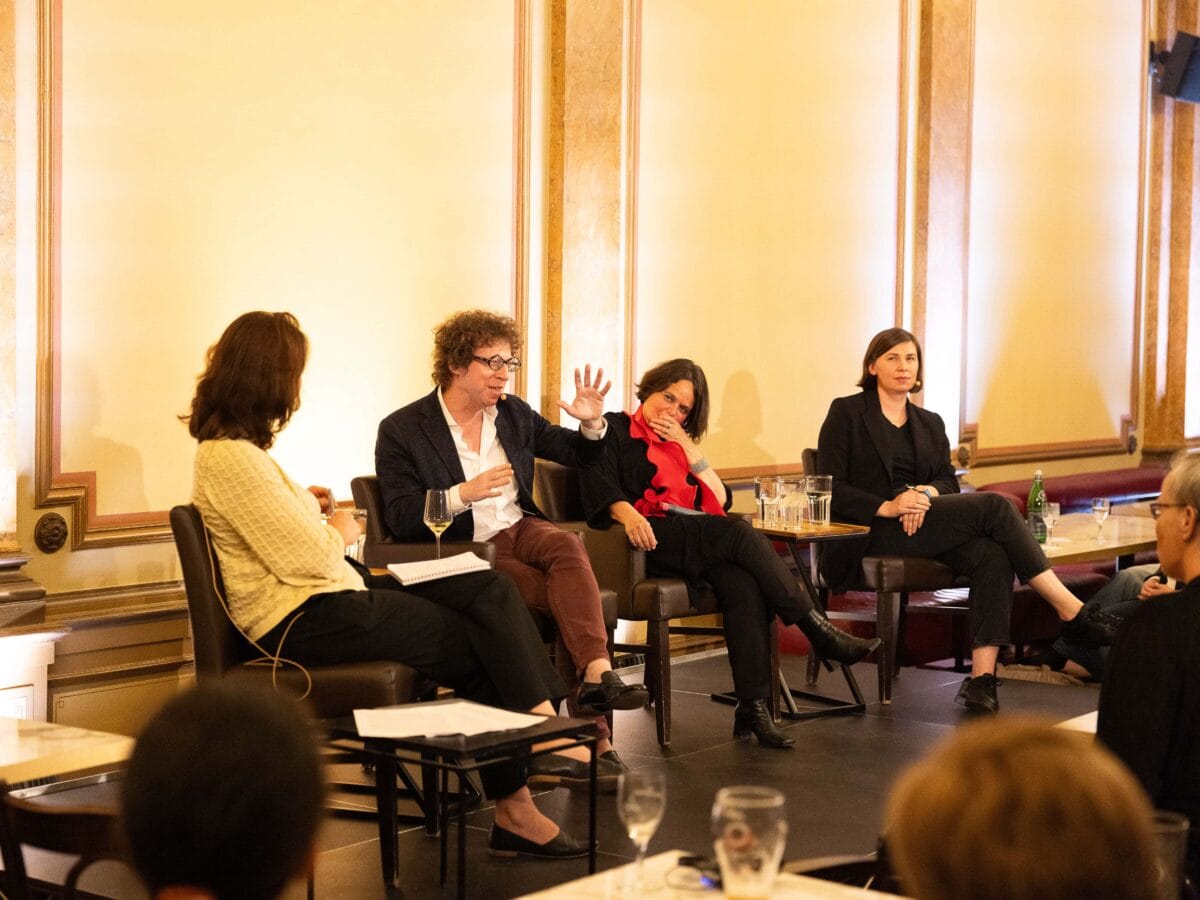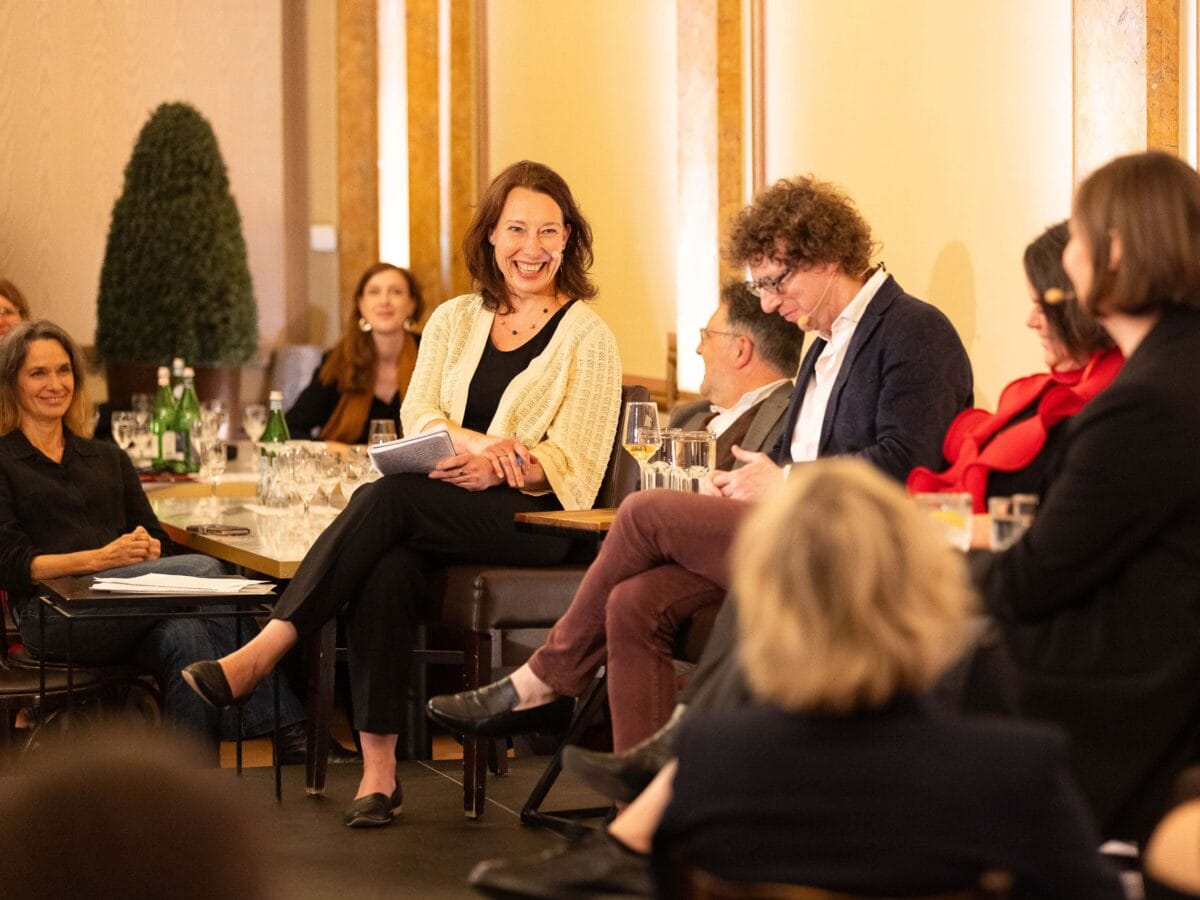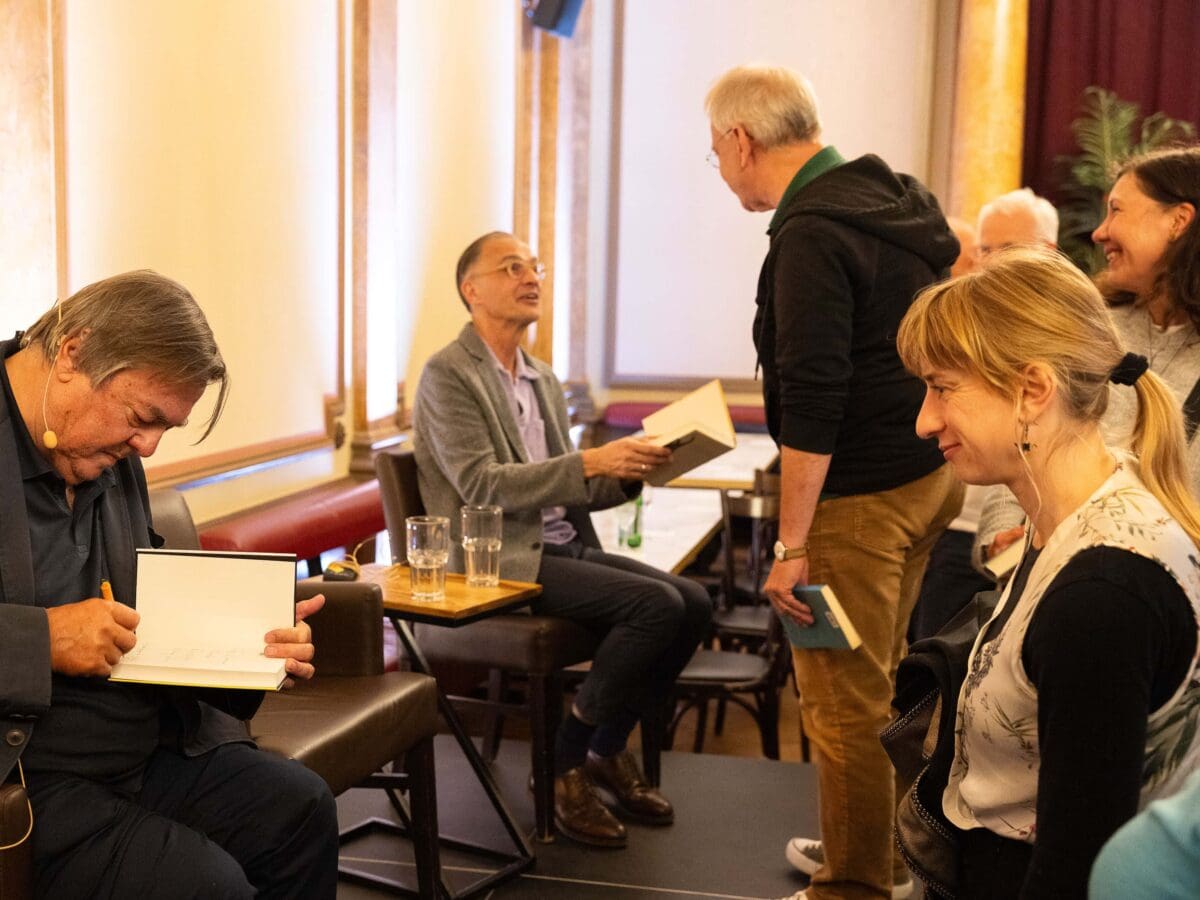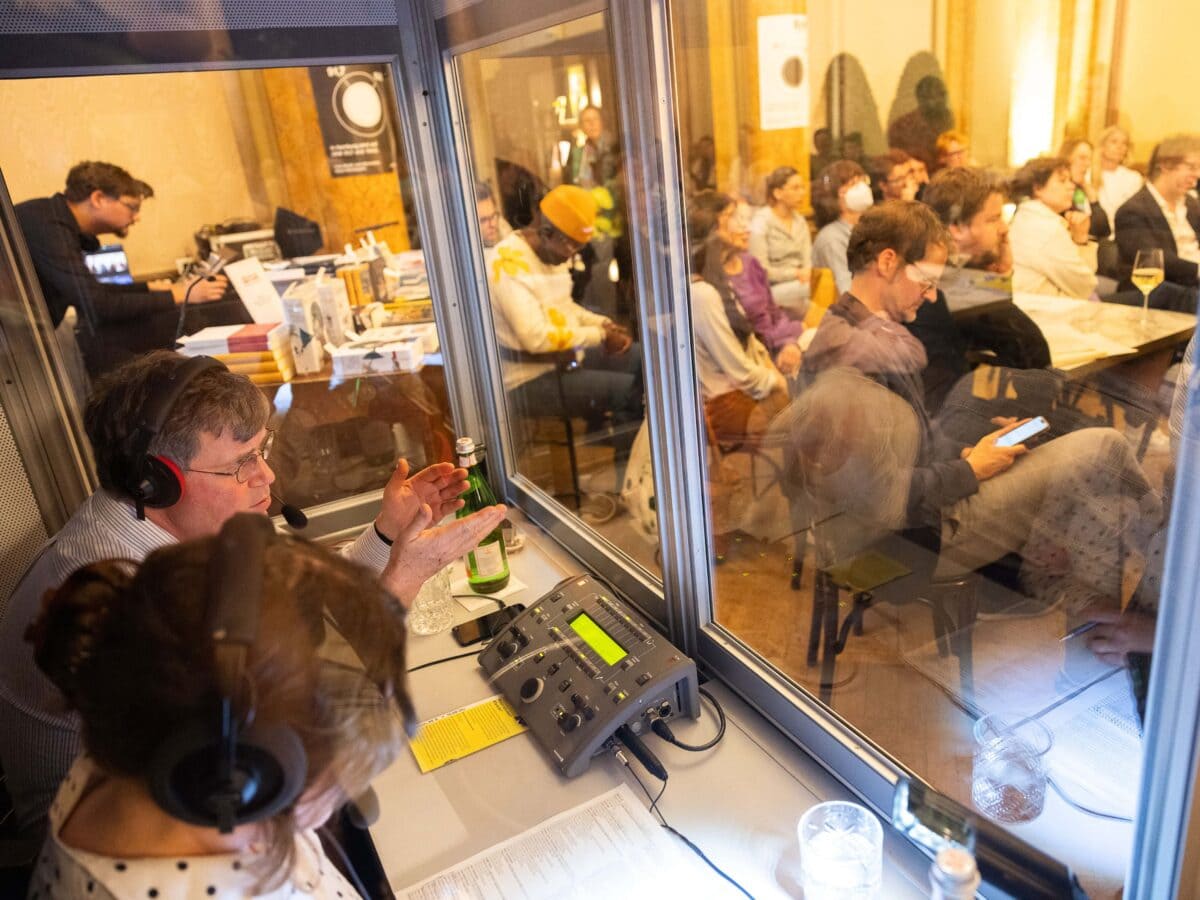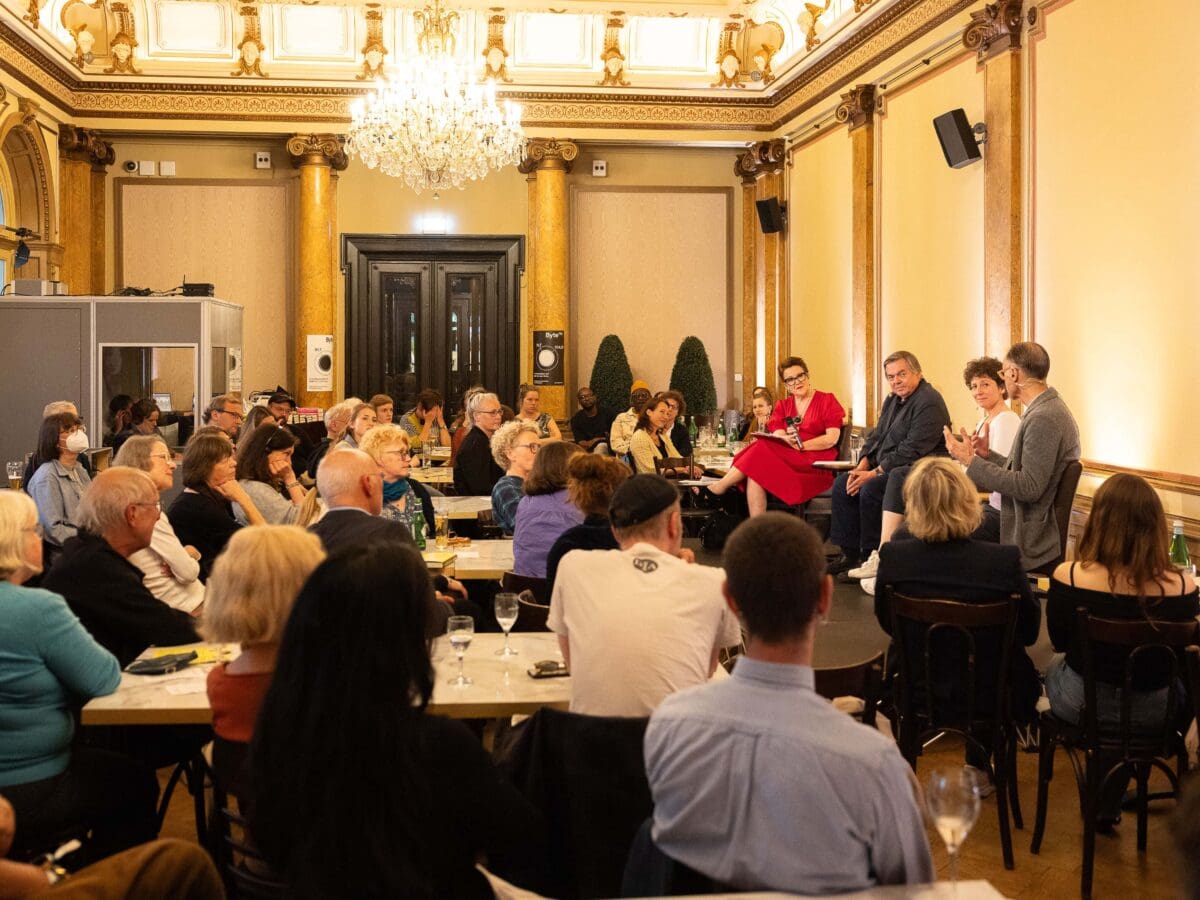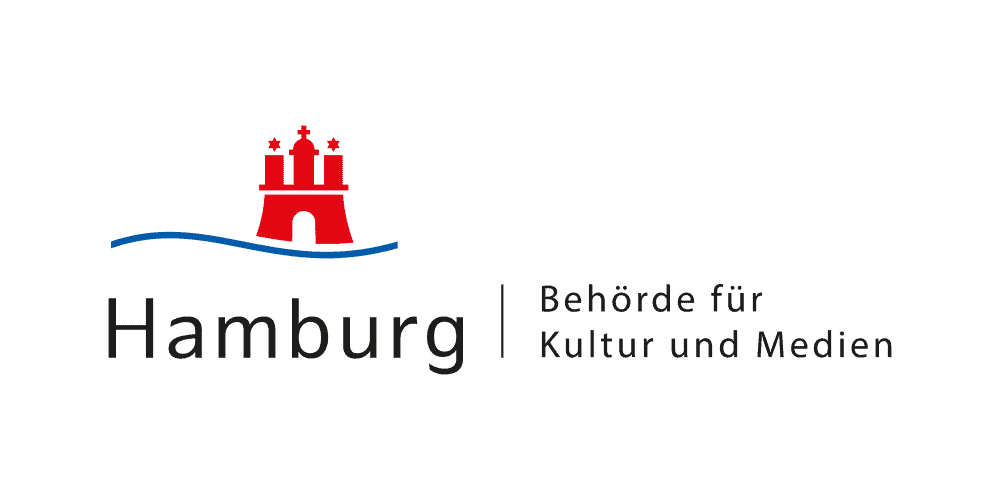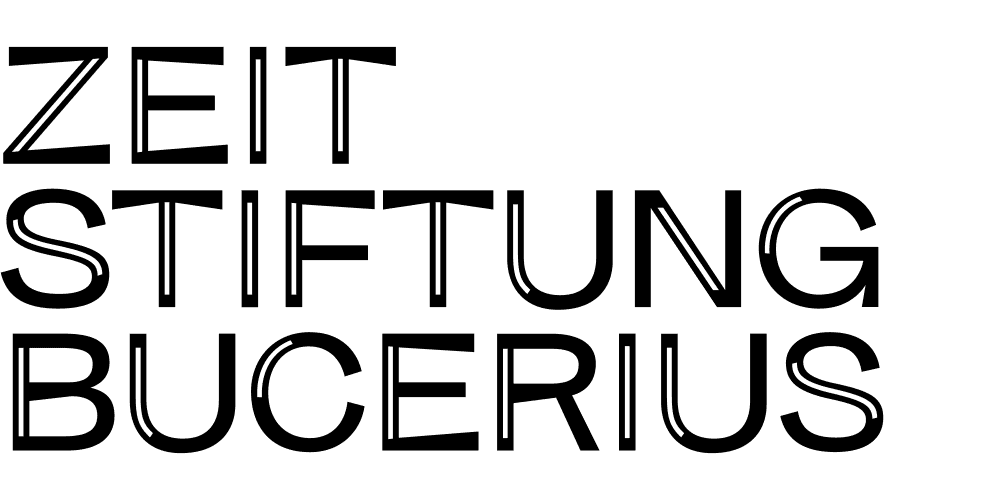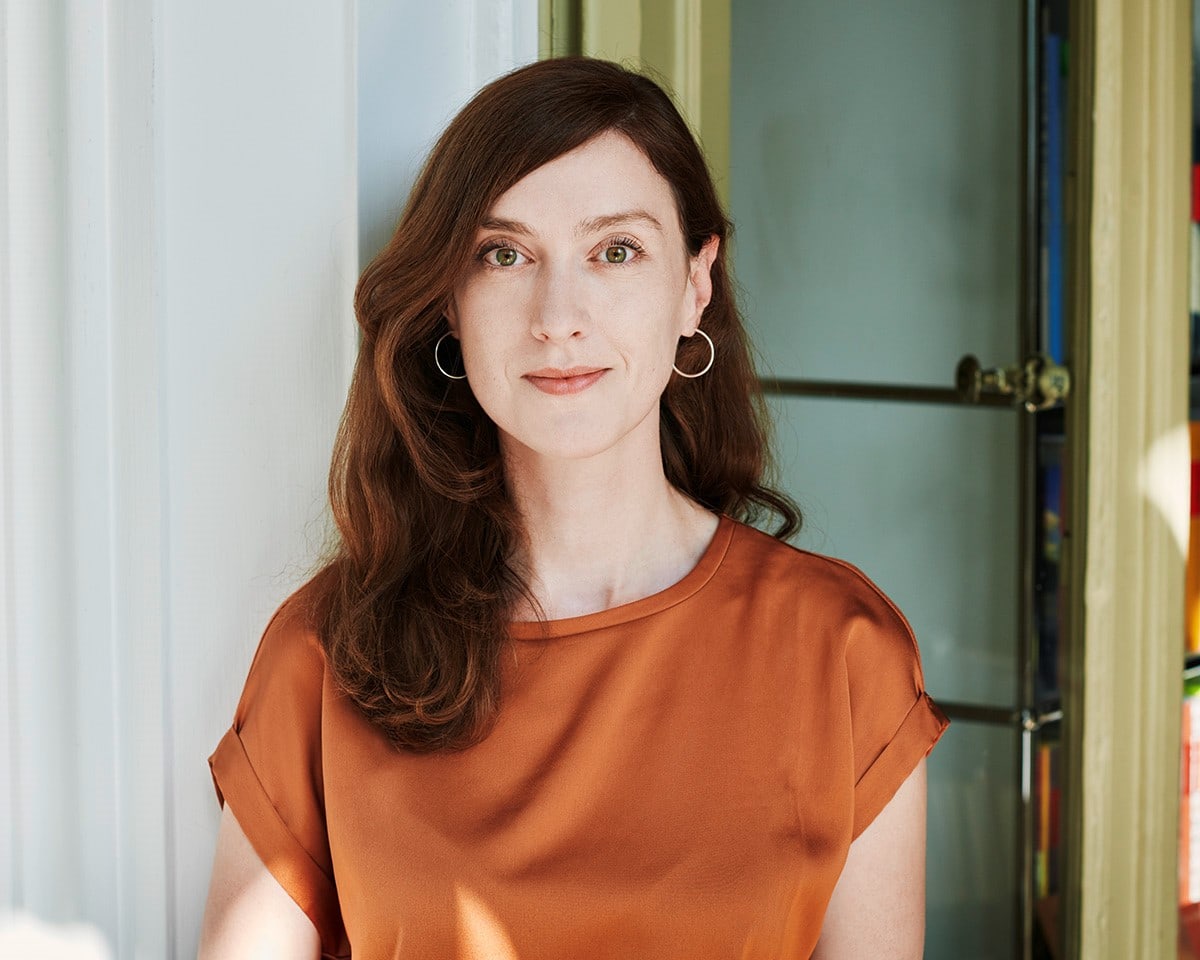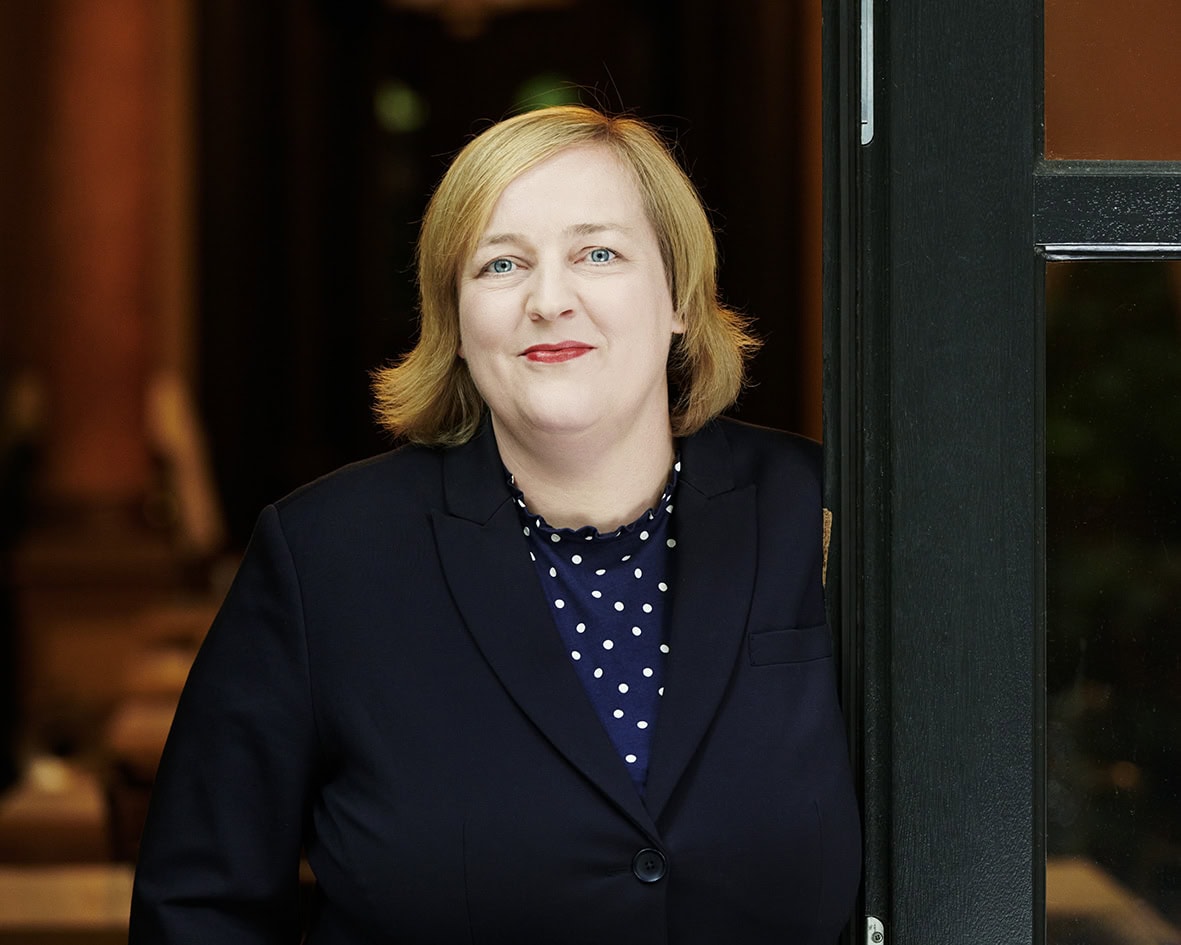Europäische Autor*innen im Dialog / European authors in dialogue
Europe 24 – Was ist Literatur? / Europe 24 – What is literature?
Im Vorfeld der Europawahl 2024 begegneten sich im Literaturhaus Hamburg zwölf hochkarätige Autor*innen aus verschiedenen Regionen Europas zu politisch-ästhetischen Debatten. Zu Wort kamen mit Monica Ali, Zsófia Bán, Aris Fioretos, Arnon Grünberg, Nino Haratischwili, Drago Jančar, Alain Mabanckou, Tanja Maljartschuk, Dorota Masłowska, Francesca Melandri, Fiston Mwanza Mujila und Sasha Marianna Salzmann zwölf Intellektuelle mit unterschiedlichen Hintergründen, mit klaren Positionen und Diskutierfreude sowie mit bemerkenswerten literarischen Werken.
In the run-up to the 2024 European elections, twelve first- class authors from different regions of Europe met at the Literaturhaus Hamburg for political and aesthetic debates. Monica Ali, Zsófia Bán, Aris Fioretos, Arnon Grünberg, Nino Haratischwili, Drago Jančar, Alain Mabanckou, Tanja Maljartschuk, Dorota Masłowska, Francesca Melandri, Fiston Mwanza Mujila and Sasha Marianna Salzmann, twelve intellectuals with different backgrounds, clear positions and a passion for debate, as well as remarkable literary works, shared their views.
1947 veröffentlichte Jean-Paul Sartre seinen berühmt gewordenen Essay »Qu’est-ce que la littérature?/Was ist Literatur?«. Seine viel diskutierten Antworten stehen in einem sie prägenden (Nachkriegs-)Kontext. Die Fragen haben dennoch nichts von ihrer Aktualität verloren. Europas Gesellschaften haben seitdem diverse Umwälzungen erlebt und Impulse erhalten, die – so eine von vielen Autor*innen geteilte Erfahrung – das Schreiben und dessen Resonanzmöglichkeiten infrage stellen. Kurzum: Was ist, kann oder muss Literatur heute?
Darüber diskutierten am 29. und 30. Mai die Gäste. An beiden Abenden sprachen auf der Literaturhaus-Bühne in insgesamt vier Panels jeweils drei Autor*innen miteinander. Die Videos davon sind online verfügbar. Tagsüber blieben die zwölf Autor*innen in Workshops unter sich. Grundlage der internen Gespräche waren Statements, die die Autor*innen im Vorfeld verfasst, vor Ort vorgetragen haben und die Sie nun lesen und anhören können. Darin vertreten die Autor*innen unterschiedliche Ansätze, setzen verschiedene Schwerpunkte, doch die Wichtigkeit der Literatur für alle Zeiten findet in jedem einzelnen Statement Ausdruck.
In 1947, Jean-Paul Sartre published his famous essay “Qu’est-ce que la littérature?/What is literature?”. His much-discussed answers were shaped by their (post-war) context. Nevertheless, the questions have lost none of their relevance. Since then, European societies have experienced various upheavals and received impulses that – according to an experience shared by many authors – have called writing and its potential to resonate into question. In short: What is, can or must literature be today?
Each evening, three authors spoke to each other on a total of four panels on the Literaturhaus stage. The videos of these events are available online. During the day, the twelve authors gathered in workshops. Their internal discussions were based on statements that the authors wrote in advance and presented on site, you can now read them and listen to them. The authors take different approaches and set different priorities, but the importance of literature for all time is expressed in every single statement.
Über die Autor*innen / About the authors
- Monica Ali
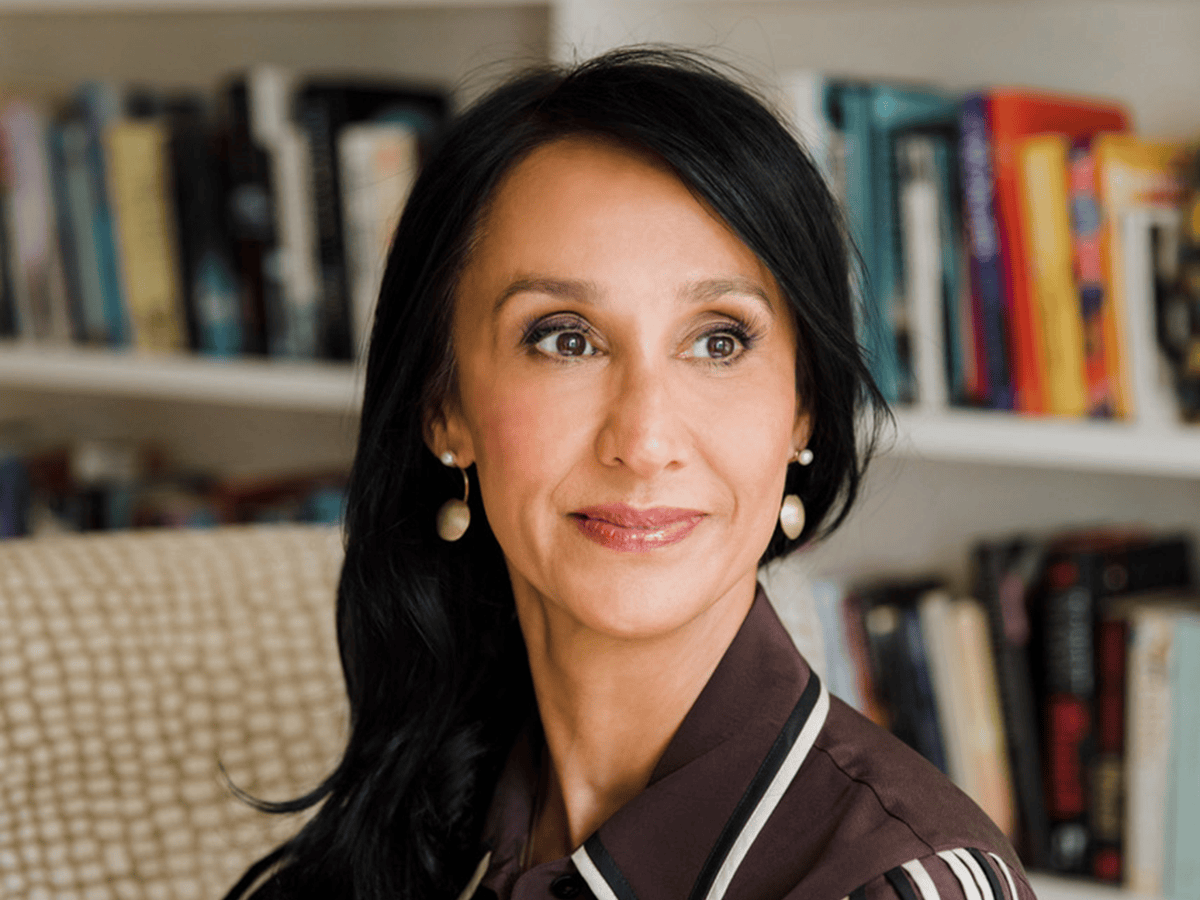 Monica Ali © Yolande De VriesMonica Ali © Yolande De Vries
Monica Ali © Yolande De VriesMonica Ali © Yolande De VriesMonica Ali wurde in Dhaka, Bangladesh geboren und lebt in London; Sie unterrichtet Kreatives Schreiben und sitzt der Jury des diesjährigen Women’s Prize for Fiction vor. »Brick Lane« war unter anderem für den Booker-Preis nominiert. Zuletzt erschien ihr Roman »Liebesheirat« (Klett-Cotta; aus dem Englischen von Dorothee Merkel).
Monica Ali was born in Dhaka, Bangladesh, and lives in London. She teaches creative writing and is member of the jury for this year’s Women’s Prize for Fiction. »Brick Lane« was nominated for the Booker Prize, among other nominations. Most recently, her novel »Liebesheirat« (»Love Marriage«) was published (Klett-Cotta, translated from English by Dorothee Merkel).
➔ Zur Website von Monica Ali
➔ Zum Autor*innenportrait der Verlagsseite- Zsófia Bán
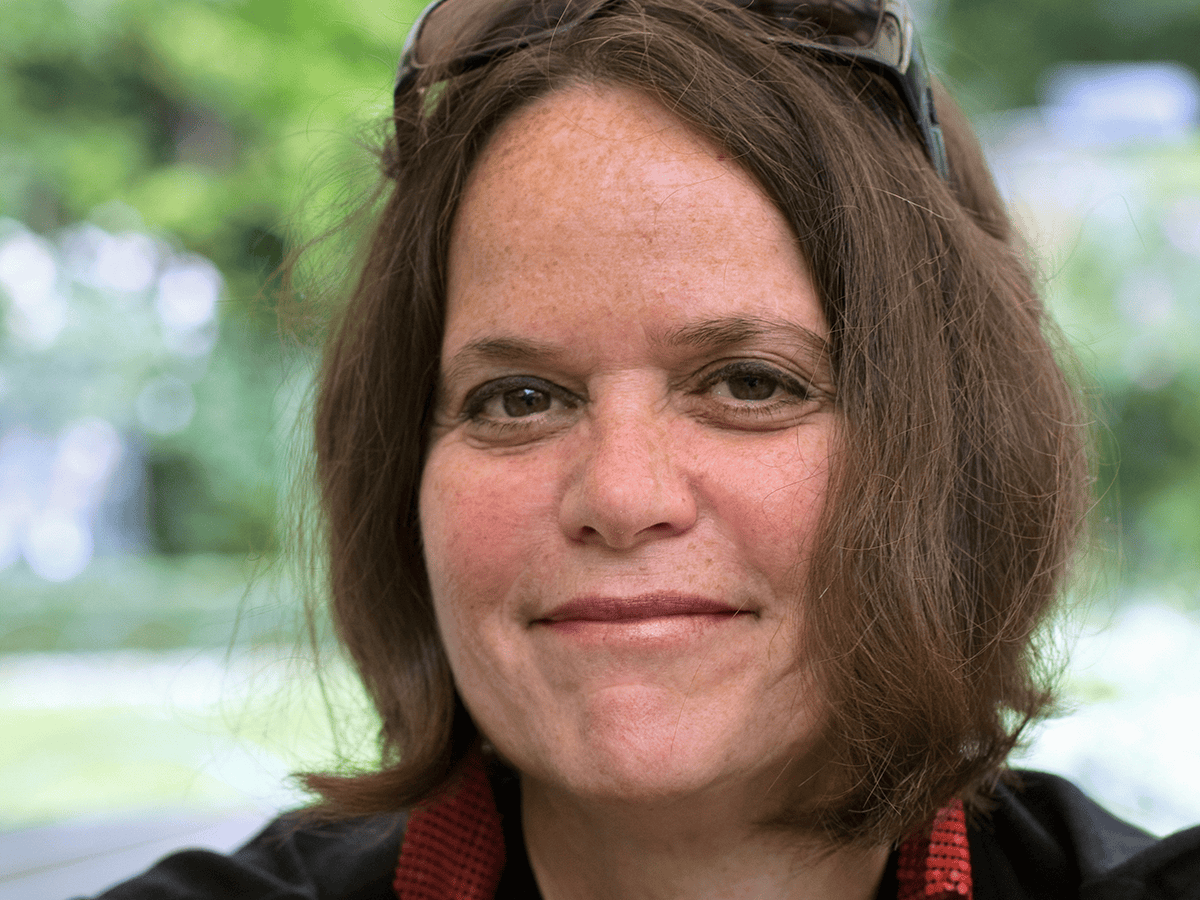 Zsófia Bán © Ekko von Schwichow, Suhrkamp Verlag
Zsófia Bán © Ekko von Schwichow, Suhrkamp VerlagZsófia Bán wurde in Rio de Janeiro geboren und lebt in Budapest. Die Schriftstellerin, Essayistin, Kunst- und Literaturkritikerin beschäftigt sich in ihrem Werk unter anderem mit den politisch und kulturell herausfordernden Umständen in Ungarn. Auf Deutsch erschien zuletzt »Weiter atmen« (Suhrkamp; aus dem Ungarischen von Terézia Mora).
Zsófia Bán was born in Rio de Janeiro and lives in Budapest. The writer, essayist, artist and literary critic deals in her work with the politically and culturally challenging circumstances in Hungary, among other issues. Her latest novel in German is »Weiter atmen« (»Lehet lélegezni!«) (Suhrkamp; translated from Hungarian by Terézia Mora).
➔ Zur Website von Zsófia Bán
➔ Zum Autor*innenportrait der Verlagsseite- Aris Fioretos
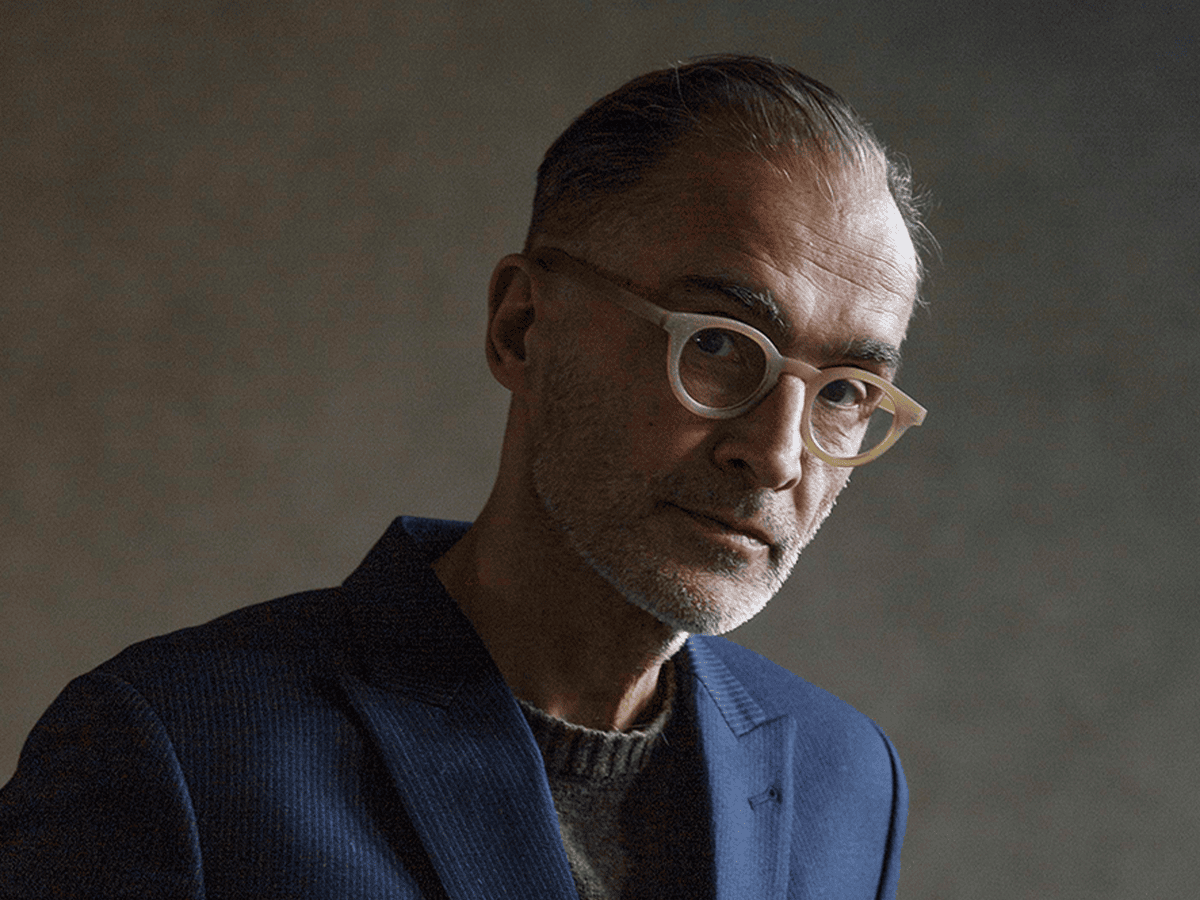 Aris Fioretos © Sara MacKey, Stockholm 2019
Aris Fioretos © Sara MacKey, Stockholm 2019Aris Fioretos ist schwedischer Schriftsteller, Übersetzer und Essayist griechisch-österreichischer Herkunft, und Professor für Ästhetik. In diesem Jahr hält er die Poetikvorlesungen in Frankfurt am Main. Kürzlich erschien sein Roman »Die dünnen Götter« (Hanser; aus dem Schwedischen von Paul Berf).
Aris Fioretos is a Swedish writer, translator and essayist of Greek-Austrian origin, and professor of aesthetics. This year, he is giving the Poetry Lectures in Frankfurt am Main. His latest novel is »Die dünnen Götter« (»De tunna gudarna«, »The Thin Gods«) (Hanser; translated from Swedish by Paul Berf).
➔ Zur Website von Aris Fioretos
➔ Zum Autor*innenportrait der Verlagsseite- Arnon Grünberg
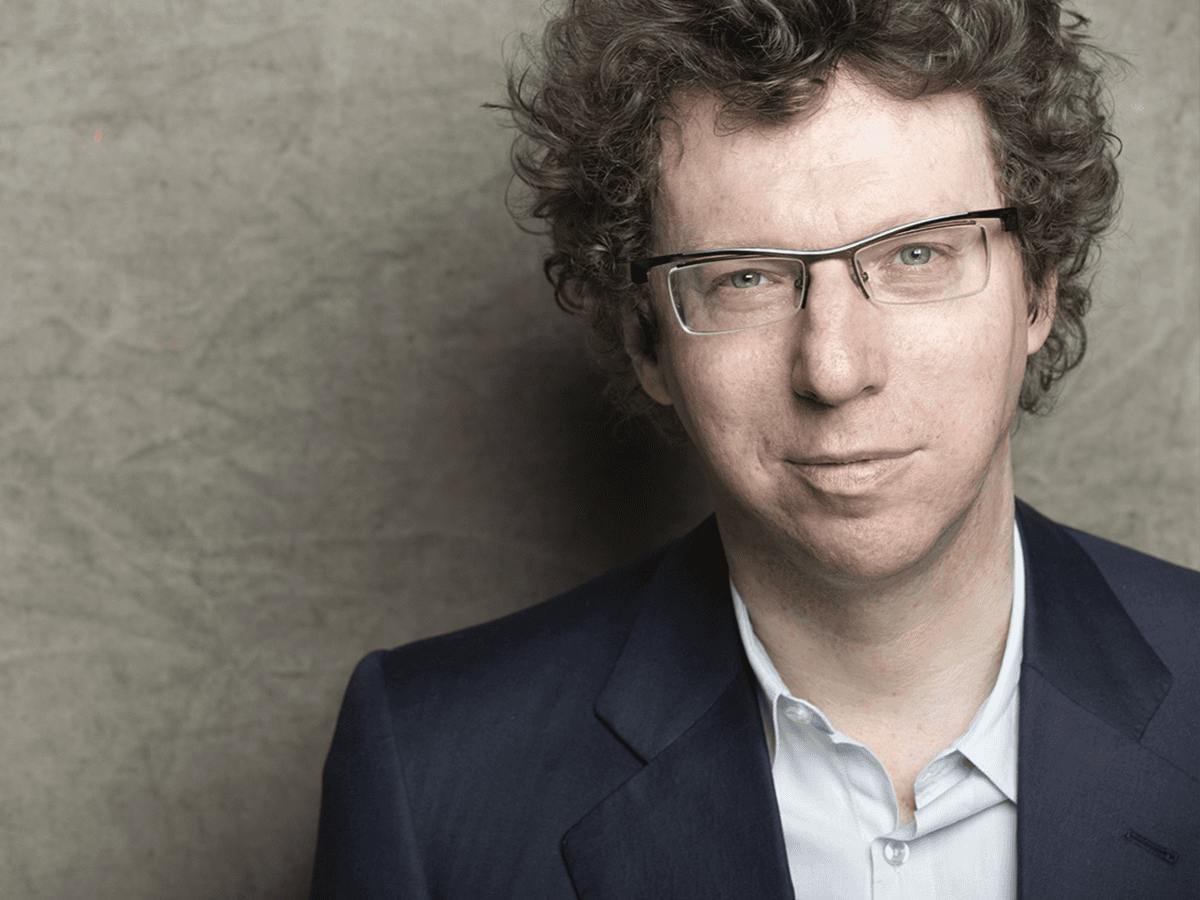 Arnon Grünberg © Bettina Fürst-Fastré
Arnon Grünberg © Bettina Fürst-FastréArnon Grünberg wurde in den Niederlanden geboren und lebt in New York. Mit 23 Jahren veröffentlichte er seinen Debütroman, seitdem ist er in unterschiedlichen Genres aktiv; literarisch und journalistisch setzt er sich auch mit dem eigenen Jüdisch-Sein und dem Holocaust auseinander. Auf Deutsch erschien zuletzt »Gstaad« (Die Andere Bibliothek; aus dem Niederländischen von Rainer Kersten).
Arnon Grünberg was born in the Netherlands and lives in New York. At the age of 23, he published his debut novel, and has since been active in various genres. Literarily and journalistically, he also deals with with his jewish identity and the Holocaust. His most recent German publication is »Gstaad« (Die Andere Bibliothek; translated from Dutch by Rainer Kersten).
➔ Zur Website von Arnon Grünberg
➔ Zum Autor*innenportrait der Verlagsseite- Nino Haratischwili
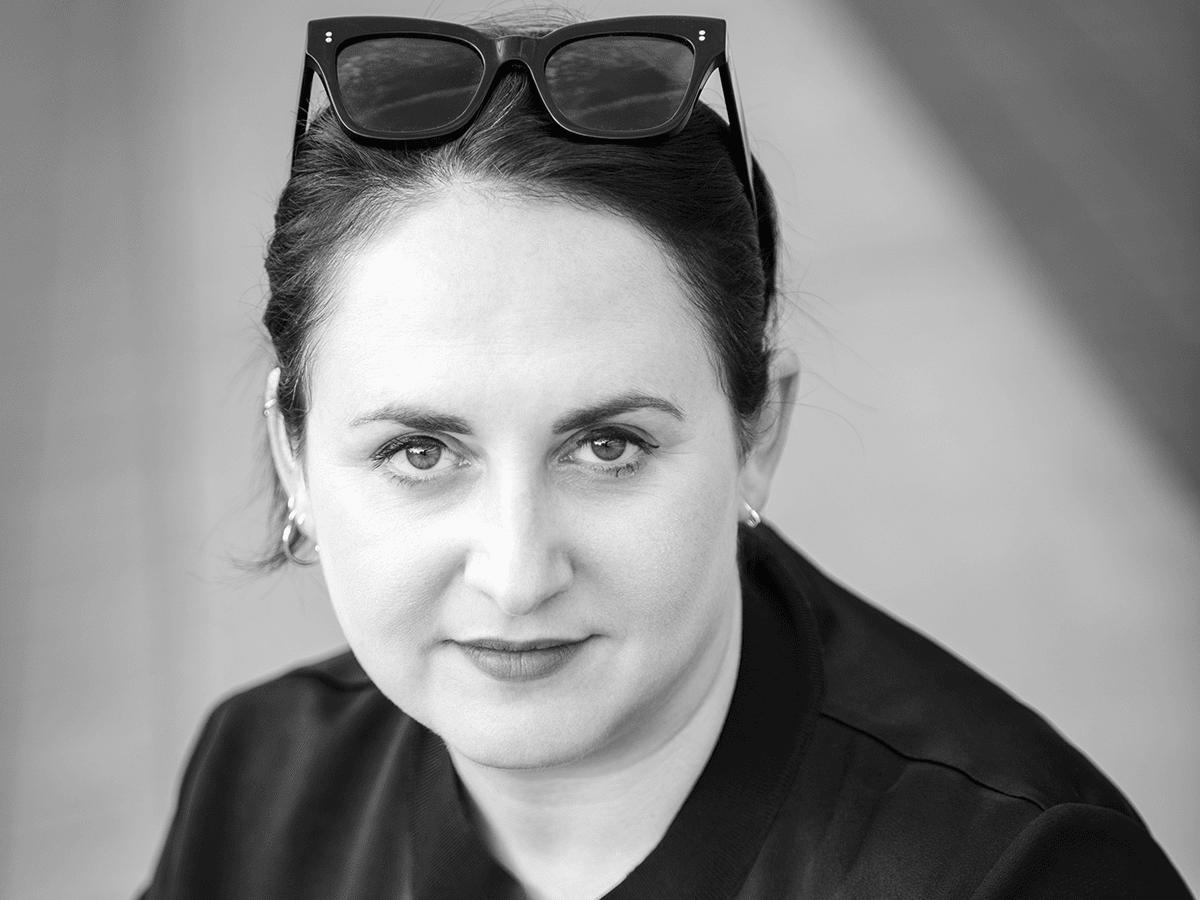 Nino Haratischwili © Steffen Baraniak
Nino Haratischwili © Steffen BaraniakNino Haratischwili wurde für ihre epischen Romane und Theaterstücke vielfach ausgezeichnet. Die in Tbilissi geborene und in Berlin lebende Autorin erzählt vor allem von Familien und Freundschaften im zerfallenden Sowjetreich, so auch in ihrem 2022 erschienenen Roman »Das mangelnde Licht« (Frankfurter Verlagsanstalt).
Nino Haratischwili has received numerous awards for her epic novels and plays. The author, who was born in Tbilisi and lives in Berlin, mainly tells of families and friendships in the collapsing Soviet empire, as in her novel »Das mangelnde Licht« (»The Lack of Light«), published in 2022 (Frankfurter Verlagsanstalt).
- Drago Jančar
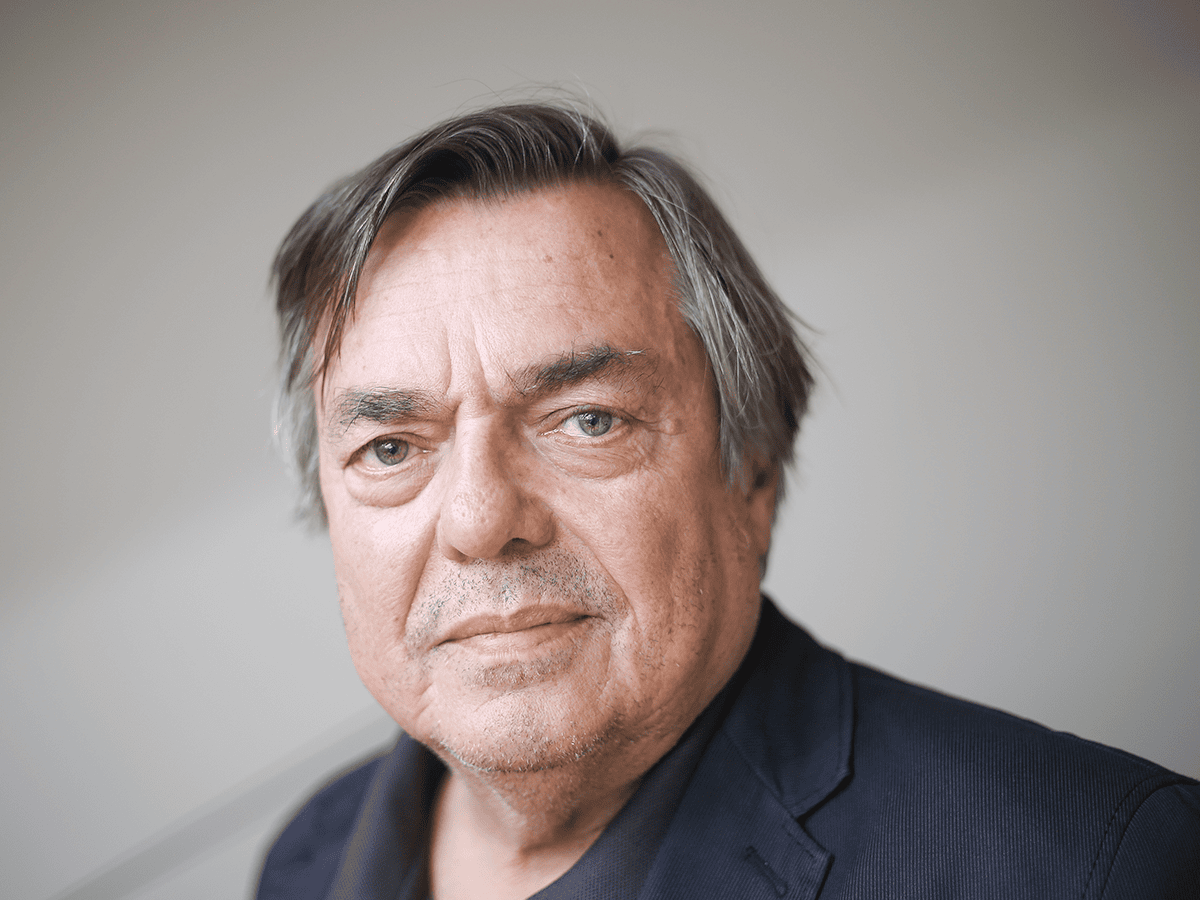 Drago Jančar © Jože Suhadolnik/Delo
Drago Jančar © Jože Suhadolnik/DeloDrago Jančar gilt mit seinen zahlreichen Romanen, Kurzgeschichten, Essays und Theaterstücken als der am häufigsten übersetzte Autor Sloweniens. Er wirkte einige Jahre als Präsident des slowenischen PEN. Sein aktueller Roman »Als die Welt entstand« erschien 2023 (Zsolnay; aus dem Slowenischen von Erwin Köstler).
With his numerous novels, short stories, essays and plays, Drago Jančar is considered Slovenia’s most frequently translated author. He was president of the Slovenian PEN for several years. His latest novel »Als die Welt entstand« (»Ob nastanku sveta«) was published in 2023 (Zsolnay; translated from Slovenian by Erwin Köstler).
- Alain Mabanckou
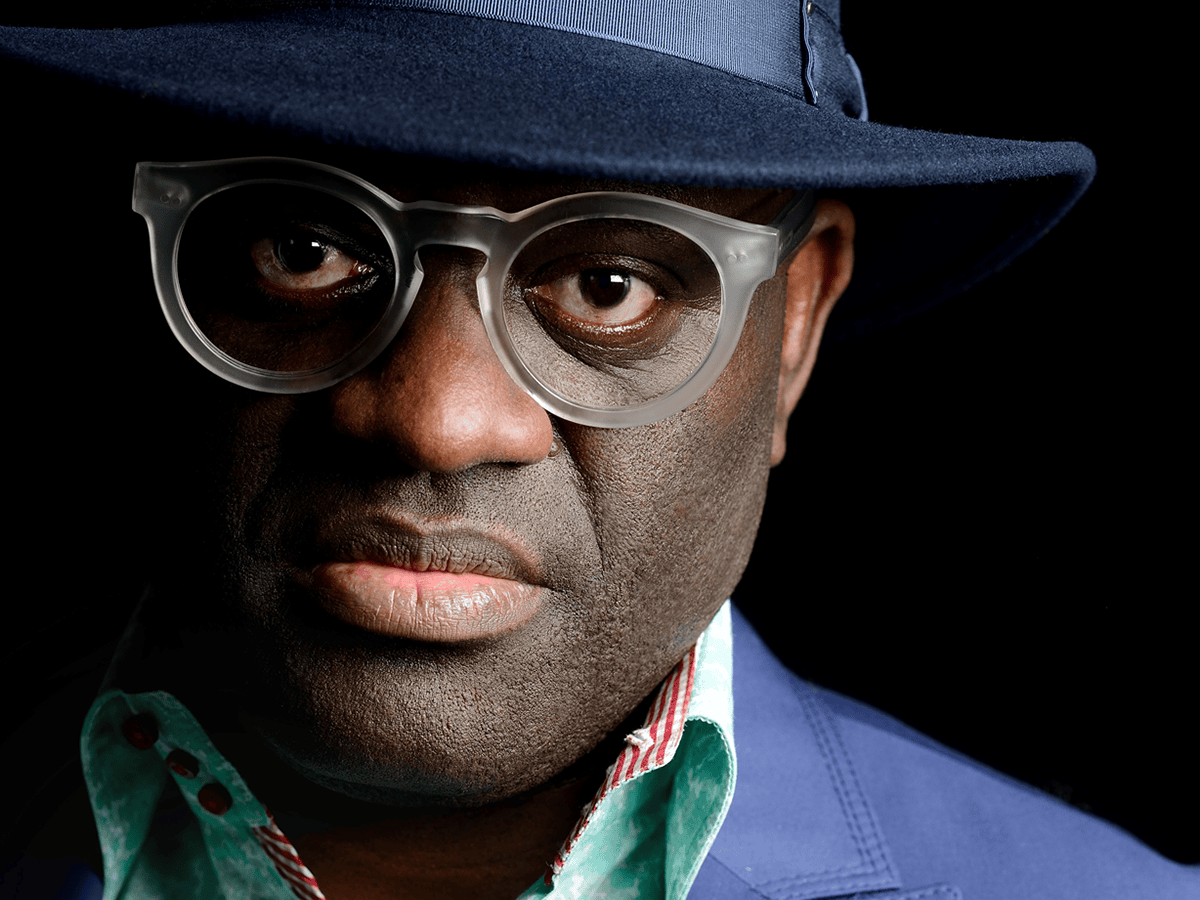 Alain Mabanckou © Hermance Triay
Alain Mabanckou © Hermance TriayAlain Mabanckou ist Professor für Frankophone Literatur in Kalifornien, er lebt dort und in Paris. In seiner Lyrik sowie Prosa beschäftigt er sich unter anderem mit dem Leben der afrikanischen Diaspora in Frankreich und dem Kolonialismus im Kongo. 2023 erschien auf Deutsch sein Roman »Das Geschäft der Toten« (Liebeskind; aus dem Französischen von Holger Fock und Sabine Müller).
Alain Mabanckou is professor for francophone literature in California. He lives there and in Paris. His poetry as well as his prose deals with the life of the African diaspora and the colonialism in the Congo, among other issues. In 2023, his novel »Das Geschäft der Toten« (»Le commerce des Allongés«, »The Trade of the Buried«) (Liebeskind; translated from French by Holger Fock and Sabine Müller) was published in German.
- Tanja Maljartschuk
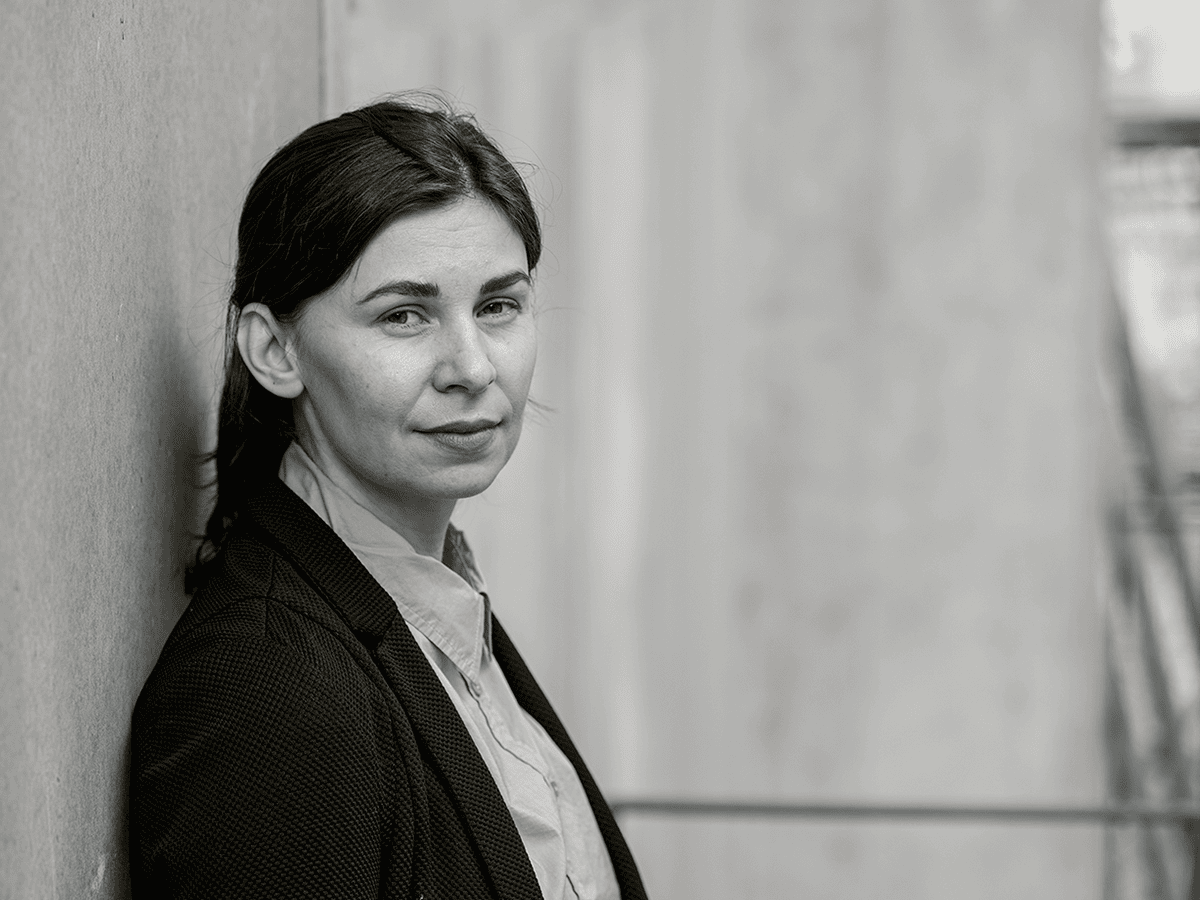 Tanja Maljartschuk © George Eberle
Tanja Maljartschuk © George EberleTanja Maljartschuk schreibt ihre Romane, Erzählungen, Kolumnen und Essays in deutscher und ukrainischer Sprache, sie lebt in Wien. 2018 erhielt sie den Ingeborg-Bachmann-Preis. Ihre aktuellen Texte handeln vor allem von der Kriegssituation in ihrem Herkunftsland, der Ukraine, dazu erschien zuletzt der Essayband »Gleich geht die Geschichte weiter, wir atmen nur aus« (Kiepenheuer & Witsch).
Tanja Maljartschuk writes her novels, stories, columns and essays in German and Ukrainian; she lives in Vienna. In 2018, she received the Ingeborg-Bachmann-Preis. Her current texts mainly deal with the war situation in her country of origin, Ukraine, which is also what her latest essay collection »Gleich geht die Geschichte weiter, wir atmen nur aus« (Kiepenheuer & Witsch) is about.
- Dorota Masłowska
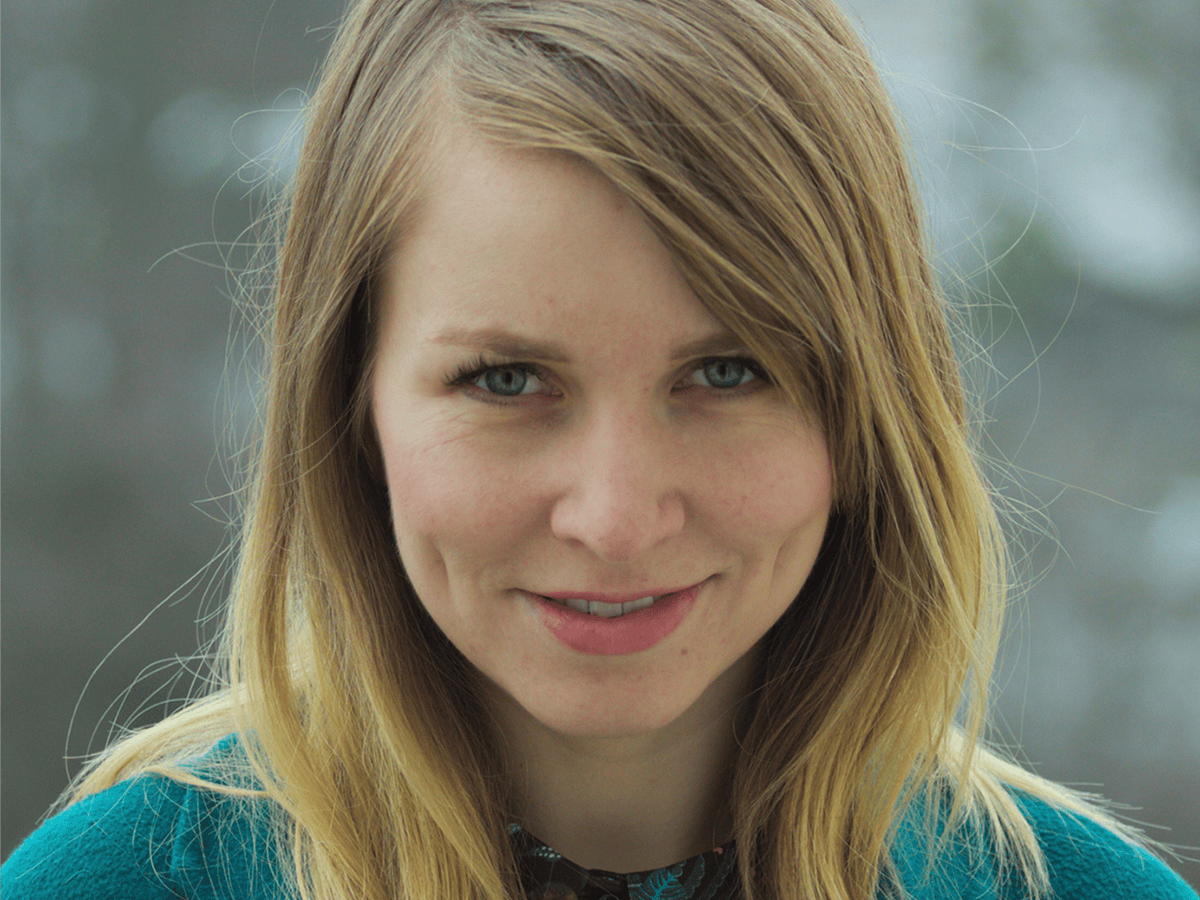 Dorota Masłowska © Marcin Szczygielski
Dorota Masłowska © Marcin SzczygielskiDorota Masłowska debütierte 2002 im Alter von 18 Jahren. In teils vulgärem, alltagsprachlichem, innovativem und provokativem Sound bewegen sich ihre Romane im postkommunistischen Polen. Auf Deutsch erschien zuletzt »Bowie in Warschau« (Rowohlt Berlin; aus dem Polnischen von Olaf Kühl).
Dorota Masłowska made her debut at the age of 18. In sometimes vulgar, everyday, innovative, and provocative tone, her novels are set in post-communist Poland. Most recently, »Bowie in Warschau« (»Bowie w Warszawie«) was published in German (Rowohlt Berlin; translated from Polish by Olaf Kühl).
- Francesca Melandri
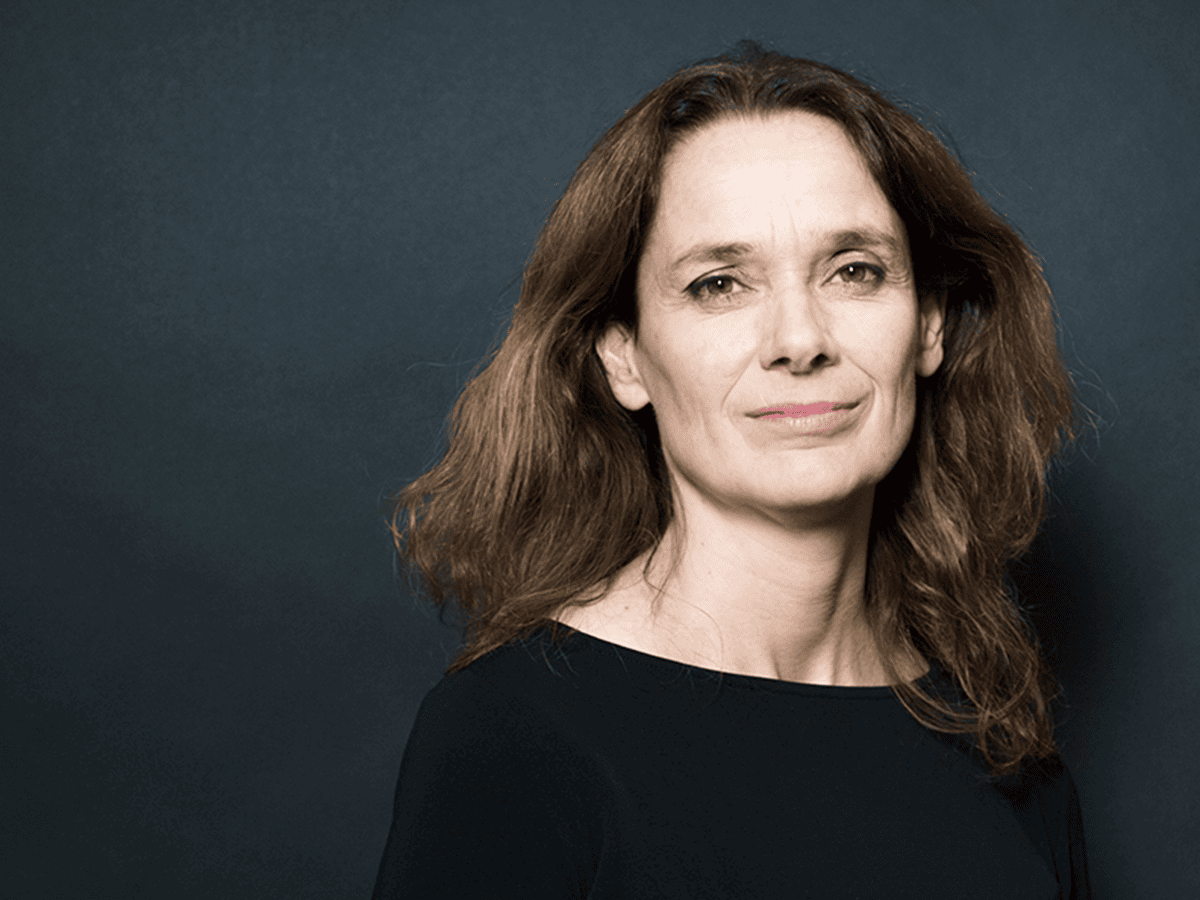 Francesca Melandri © Gallimard, Francesca Mantovanii
Francesca Melandri © Gallimard, Francesca MantovaniiFrancesca Melandri ist bekannt für ihre faktenbasierten, konfrontativen Romane, die sich etwa mit dem Terror in Südtirol oder Italiens kolonialem Erbe befassen. Sie ist Gründungsmitglied des PEN Berlin. Ihr aktuelles Buch auf Deutsch ist »Alle, außer mir« (Wagenbach; aus dem Italienischen von Esther Hansen).
Francesca Melandi is known for her fact-based, confrontational novels, that deal with issues such as the terror in South Tyrol or Italy’s colonial heritage. She is a founding member of the PEN Berlin. Her latest novel in German is »Alle, außer mir« (»Sangue giusto«) (Wagenbach; translated from Italian by Esther Hansen).
- Fiston Mwanza Mujila
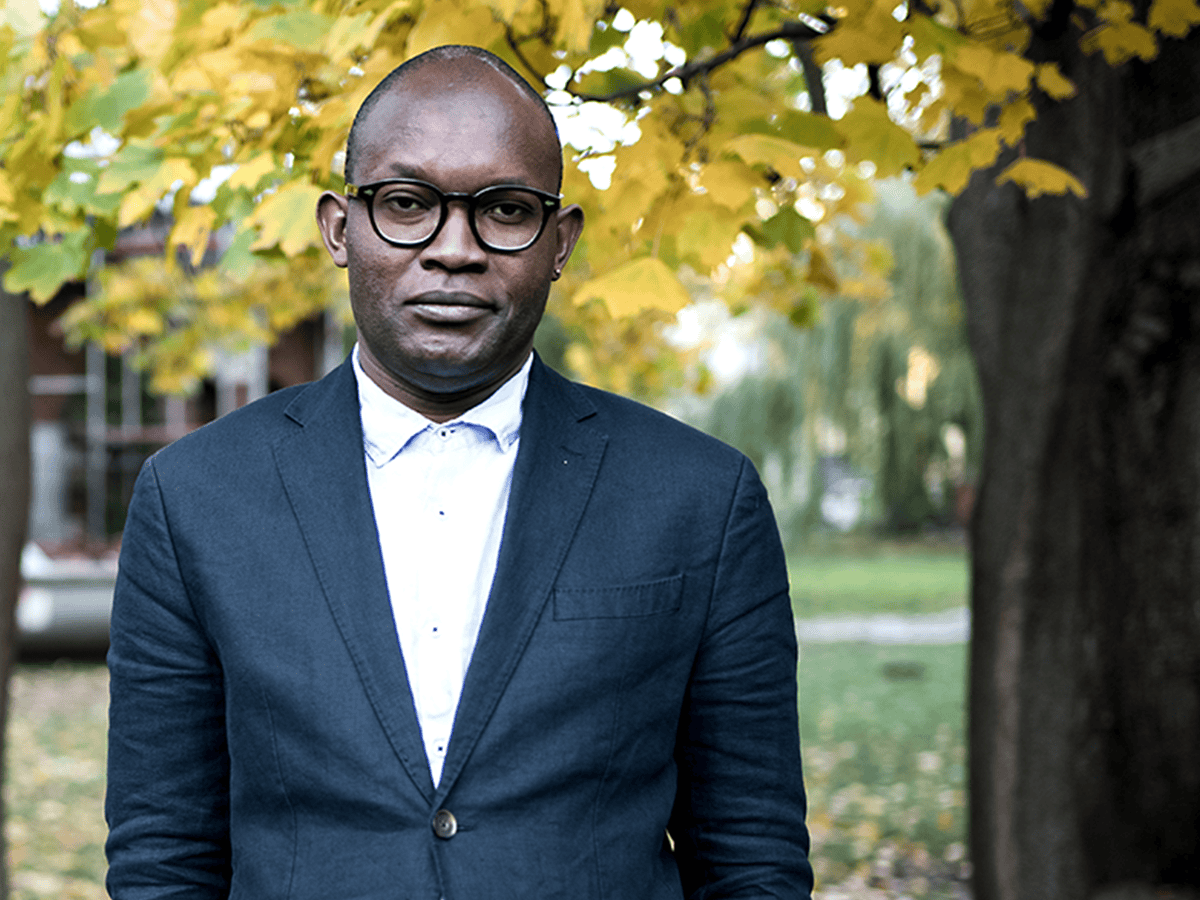 Fiston Mwanza Mujila © Richard Haufe-Ahmels
Fiston Mwanza Mujila © Richard Haufe-AhmelsFiston Mwanza Mujila, aktueller Träger des Preises der Literaturhäuser, beherrscht sechs Sprachen und verbindet Ausdrucksformen verschiedenster Künste und Kulturen zu einer herausragenden eigenständigen Literatur. Nach »Tram 83« erschien »Tanz der Teufel« (Zsolnay; aus dem Französischen von Katharina Meyer und Lena Müller).
Fiston Mwanza Mujila, current winner of the Preis der Literaturhäuser, speaks six languages and combines forms of expression from various arts and cultures to create an outstanding, independent literature. After »Tram 83«, »Tanz der Teufel« (»La Danse du Vilain«, »The Villain’s Dance«) (Zsolnay; translated from French by Katharina Meyer and Lena Müller) was published in 2022.
➔ Zur Website von Fiston Mwanza Mujila
➔ Zum Autor*innenportrait der Verlagsseite- Sasha Marianna Salzmann
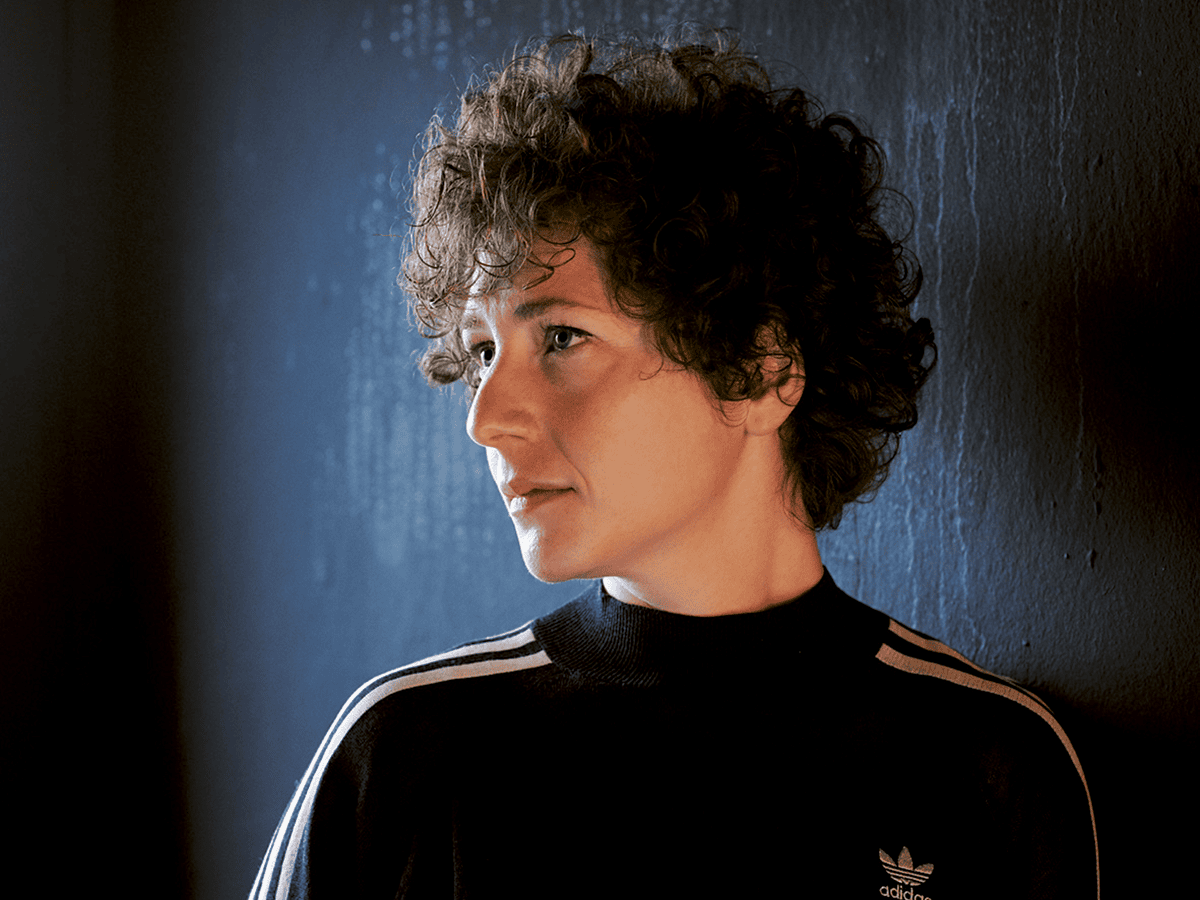 Sasha Marianna Salzmann © Gunter Glücklich
Sasha Marianna Salzmann © Gunter GlücklichSasha Marianna Salzmann ist Theaterautor*in, Essayist*in und Dramaturg*in und befasst sich künstlerisch unter anderem mit Geschlechterrollen und queerem Leben. Salzmann wurde 2024 mit dem Kleist-Preis ausgezeichnet, erhielt 2022 den Preis der Literaturhäuser und war zweimal für den Deutschen Buchpreis nominiert, 2022 mit dem aktuellen Roman »Im Menschen muss alles herrlich sein« (Suhrkamp). Gerade veröffentlichte Salzmann zusammen mit Ofer Waldman »Gleichzeit – Briefe zwischen Israel und Europa« (Suhrkamp).
Sasha Marianna Salzmann is a playwright, essayist, and dramaturge, who deals artistically, among other things, with gender roles and queer life. Salzmann was awarded the Kleist-Preis in 2024, received the Preis der Literaturhäuser in 2022 and was nominated twice for the Deutscher Buchpreis; in 2022 with the current novel »Im Menschen muss alles herrlich sein« (»Glorious People«) (Suhrkamp). Salzmann has just published »Gleichzeit – Briefe zwischen Israel und Europa« (Suhrkamp) together with Ofer Waldman.
➔ Zur Website von Sasha Marianna Salzmann
➔ Zum Autor*innenportrait der Verlagsseite
Über die Moderatorinnen / About the Moderators
- Natascha Freundel
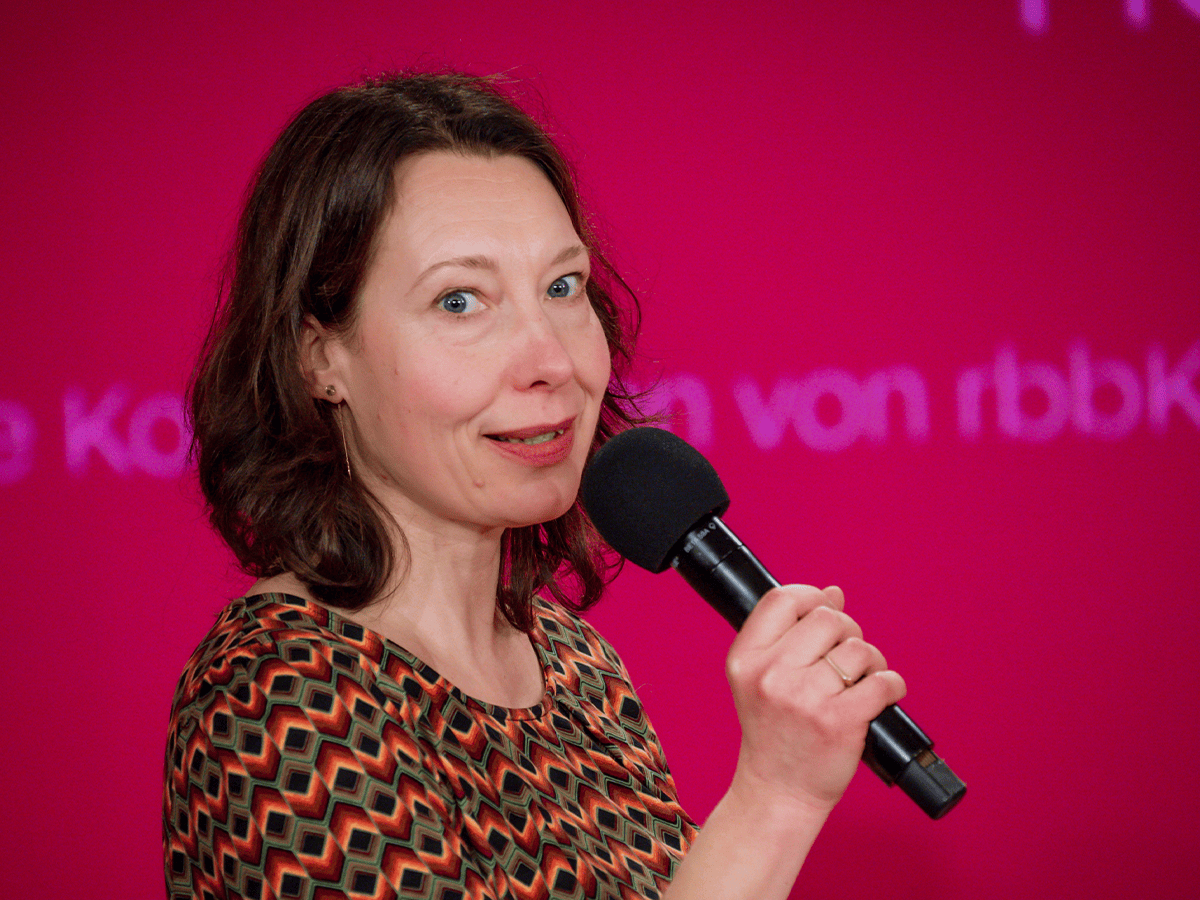 Natascha Freundel © Thomas Ernst
Natascha Freundel © Thomas ErnstNatascha Freundel ist Redakteurin bei radio3 vom rbb und Moderatorin im Debatten-Podcast »Der zweite Gedanke«. Sie hat Philosophie, Germanistik und Slawistik in Frankfurt am Main und Berlin studiert. Von 2010 bis 2018 war sie Redakteurin bei NDR Kultur in Hannover und Hamburg, zuvor berichtete sie als freie Journalistin und Literaturkritikerin aus Berlin, Israel und der Ukraine für die ARD Kulturwellen und verschiedene Zeitungen, unter anderem »Berliner Zeitung« und »Die Zeit«. Sie ist Sprecherin in der Jury für den Deutschen Buchpreis 2024.
Natascha Freundel is an editor at radio3 by rbb and presenter of the debate-podcast »Der zweite Gedanke«. She studied philosophy, German and Slavic studies in Frankfurt am Main and Berlin. From 2010 to 2018 she was an editor at NDR Kultur in Hanover and Hamburg. Before that she reported as a freelance journalist and literary critic from Berlin, Israel and Ukraine for the ARD Kulturwellen and various newspapers, including »Berliner Zeitung« and »Die Zeit«. She is a spokesperson of the jury for Deutscher Buchpreis 2024.
- Rosie Goldsmith
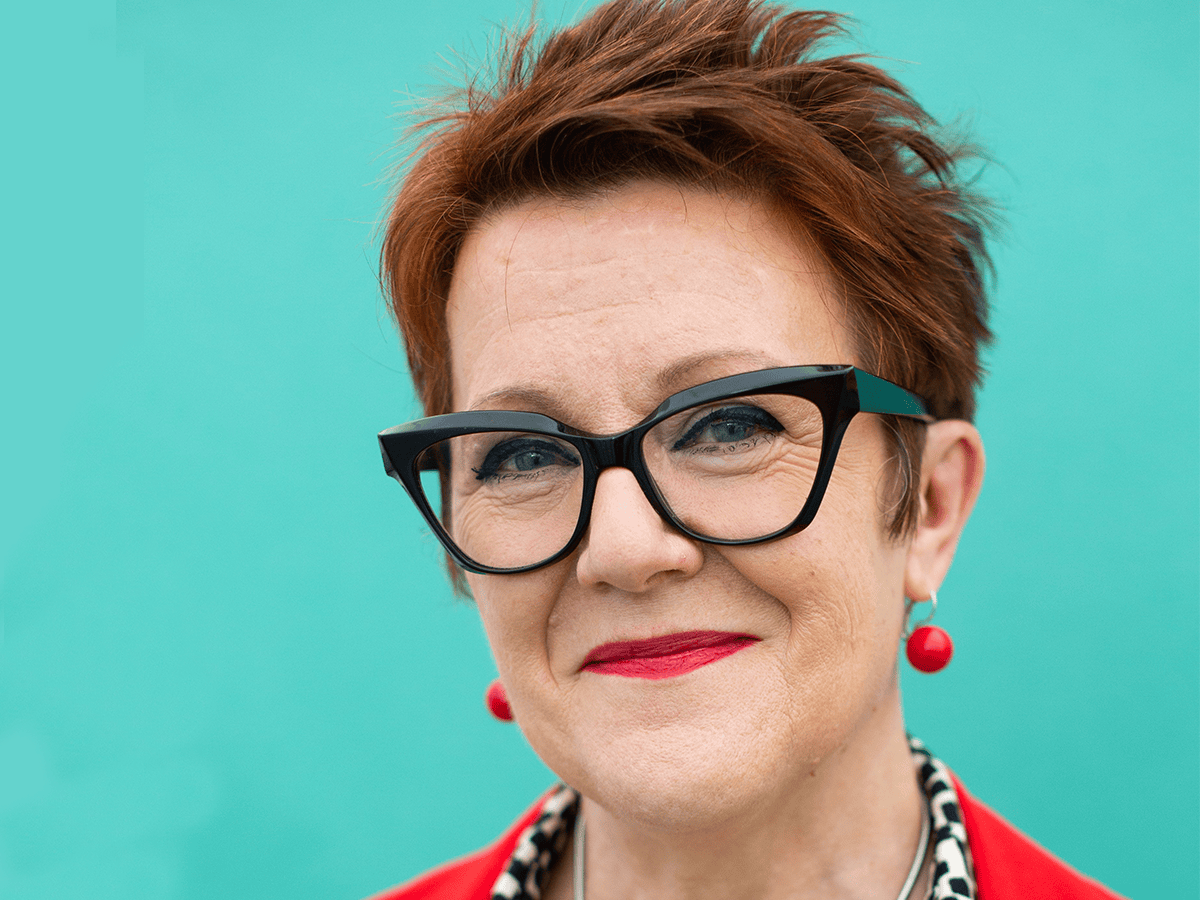 Rosie Goldsmith © Billie Charity
Rosie Goldsmith © Billie CharityRosie Goldsmith ist eine preisgekrönte Journalistin und Moderatorin, die sich auf Kunst und Außenpolitik spezialisiert hat. Als BBC-Sprecherin reiste sie zwanzig Jahre lang durch die Welt. Heute verbindet sie Journalismus mit der Moderation und dem Kuratieren von kulturellen und literarischen Veranstaltungen. Neben ihrer Tätigkeit als Direktorin des European Literature Network und Chefredakteurin der Zeitschrift »The Riveter« ist Rosie Goldsmith auch künstlerische Leiterin des European Writers’ Festival im Vereinigten Königreich.
Rosie Goldsmith is an award-winning journalist and presenter, specializing in arts and foreign affairs. As a BBC broadcaster for twenty years, she travelled the world. Today she combines journalism with presenting and curating cultural and literary events. As well as being Director of the European Literature Network and Editor-in-Chief of The Riveter magazine, Rosie is also the Artistic Director of the European Writers’ Festival in the UK.
Berichte über das Projekt
Presse
»Man muss die Wörter schreien« – Fiston Mwanza Mujila im Interview (taz) ➔ Zum Interview
Tanja Maljartschuk: Symposium an sich ist ein Privileg (NDR Kultur) ➔ Zum Artikel
Freiheit bedeutet auch Verantwortung – Nino Haratischwili im Interview (NDR Kultur) ➔ Zum Interview
Tanja Maljartschuk im Interview (DLF Kultur: Lesart, ab Minute 30) ➔ Zum Interview
Arnon Grünberg im Interview (DLF: Kultur heute) ➔ Zum Interview
Europawahl 2024: Da kann man auch mal über Kitsch reden (Hamburger Abendblatt) ➔ Zum Artikel
Autoren in Sorge um Europa – Francesca Melandri und Arnon Grünberg (ARD, ttt) ➔ Zum Video
Europa 24: Was ist Literatur (ByteFM: Container) ➔ Zum Beitrag
Mit freundlicher Unterstützung von
Vielen Dank!
Medienpartner
Sprechen Sie uns an!
Projektteam
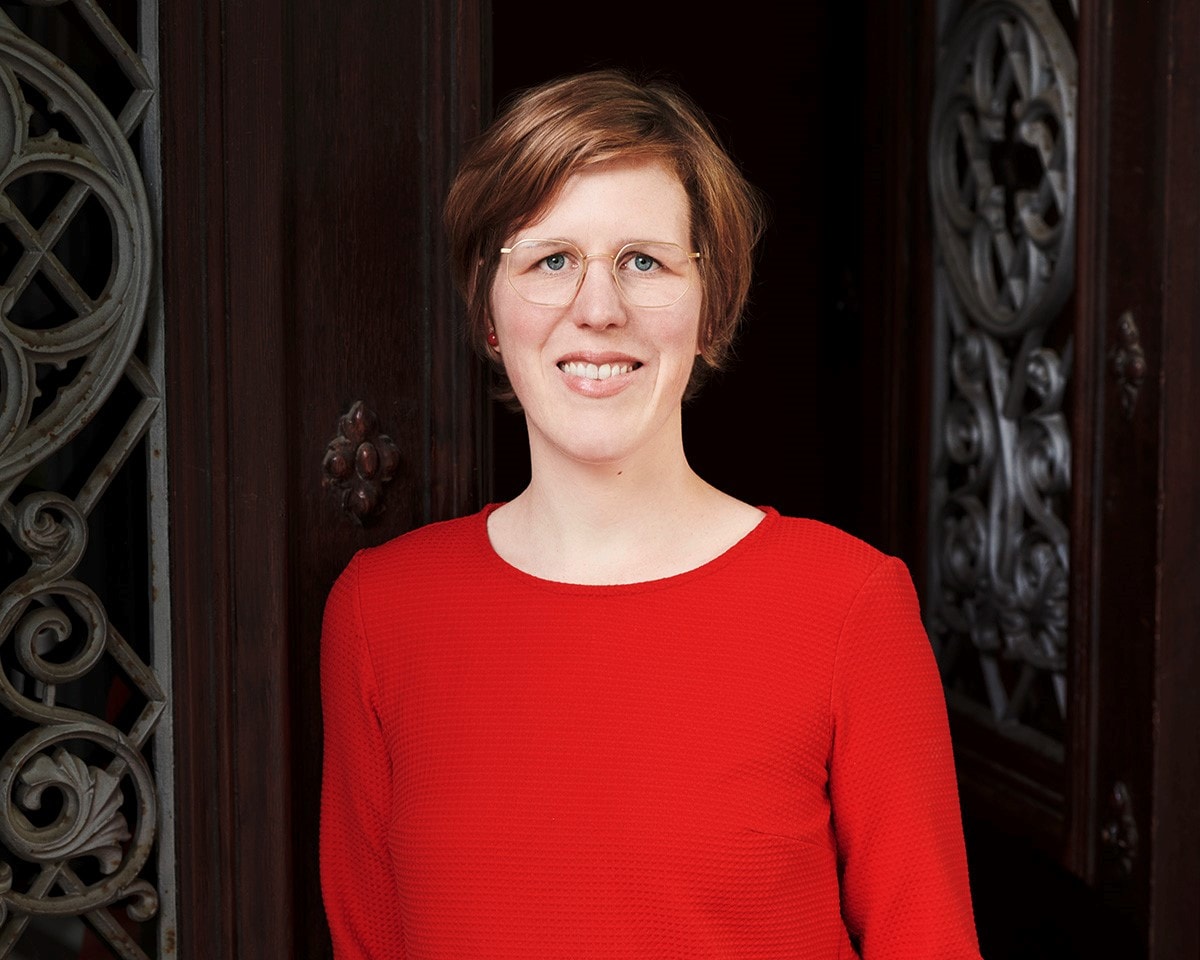
Dr. Carolin Löher
040.22 70 20 55
cloeher@literaturhaus-hamburg.de
Montag bis Donnerstag
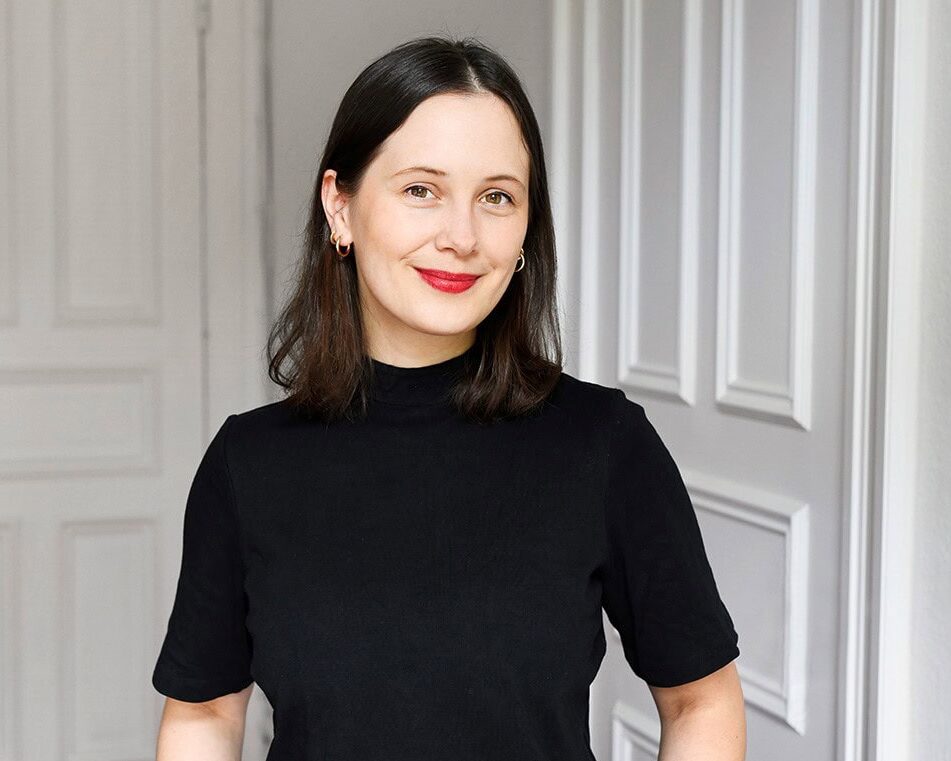
Melissa Dahl Raddatz
040.22 70 20 22
mraddatz@literaturhaus-hamburg.de
